

 Sacha Kleinblatt
Sacha Kleinblatt
1 Solid

1.1
1.2 Mission Organization
Dorien Daems


 Sacha Kleinblatt
Sacha Kleinblatt

1.1
1.2 Mission Organization
Dorien Daems

The main goal of Solid is to fight powering people, by creating fair employment and fair markets, we try to improve the ged people in Peru, India & Kenya
How?

Solid helps young people, women and families to grow a solid foundation for their own future, by providing employment opportunities (Solid Crafts / Agriculture) and tools for empowerment (Solid Social), for people in some of the poorer regions in Peru, India and Kenya All of this, with special attention to personal development and awareness of one ' s strengths and capabilities
The full integration and interwovenness of social enterprises and non-profit projects is Solid’s trademark It reflects Solid’s entrepreneurial mindset and its unique business model This way every client of Solid (Crafts/ Agriculture,) contributes to a better world
The non-profit organization Solid was founded in 2000, supporting projects of NGO's, working in various countries, on economic development, clean water supply, education, healthcare, early child development and human rights In 2006 Solid decides to roll out its own projects, in the focus region Ayacucho, Peru The organisation started working with farmers on technical assistance, but soon saw the social needs of these rural families and of the many teenage mothers in the region New social projects sprouted and Solid even set up a knitting workshop to provide employment and an empowering workplace for vulnerable women This model was later copied to Ranchi, India and a partner in Kenya was also welcomed to the Solid family
Team Belgium
5 people (4,7 FTE*) & 3 freelancers
2000
Solid supports various Belxgian social partners in their activities, in Belgium and abroad
*Full time equivalent
Team Peru
65 people (8 for Solid Food Peru)
Solid becomes an organization with its own projects and activities, at first only in Peru
Montefino farm (Peru)
Team India 14 people
2010
Team Kenya 8 people
2007 Solid Food (Peru)
Rural programs (Peru)
Tecnical support farmers
Export of quinoa
Our motivated volunteers
2016 Present (2007 - 2015) (2000 - 2007)
Healthy families (Peru)
Social program for rural families
Social programs for teenage mothers
2010
2011
2016
Manta (Peru) Hadithi Crafts (Kenya)
Dia (Peru) Handknitting workshop
JOVEM (Peru) Present Handwoven baskets
Training program rural youngsters
2017
Paces Crafts (India)
2009 Handicraft workshop
All of the projects above are still active at present, except for the Healthy families project The rural programs evolved into Solid Food
2.1
2.2
2 1 1 Peru
2.1.2 Kenya
2 1 3 India
Solid Crafts Solid Agriculture
2.2.1 Solid Food
2.2.2 Farm Montefino
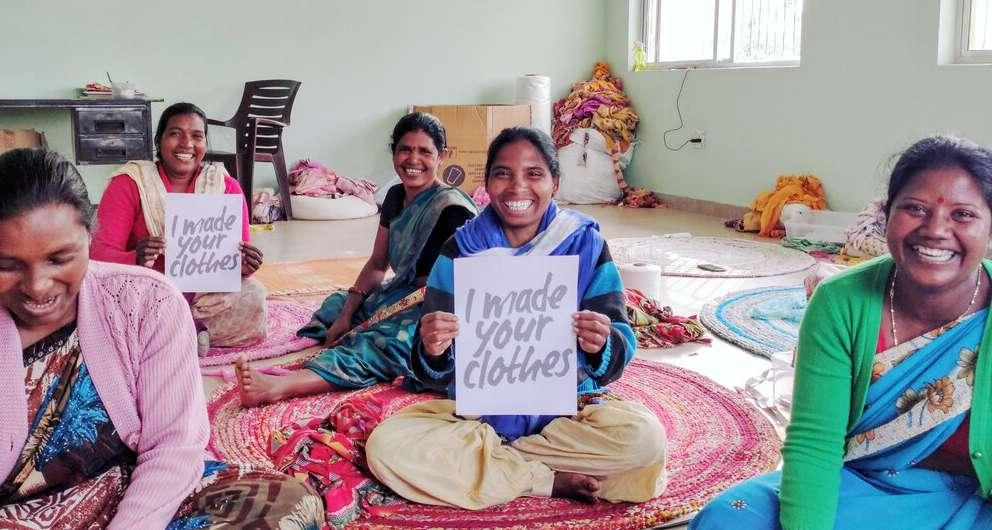

Manta is a sustainable knitting and crocheting workshop in the Peruvian Andes Solid's knitters hand-knit for global fashion and home deco brands We produce fashion and homewares that customers love, high quality, delivered on time, hassle-free from yarn to home-delivery products We work with over 180 underprivileged women, providing the education and training they need to become world-class handknitters The workshop's main objective is to improve co the by generating a fair income and opportunities All the knitters work wor acuc art of one of the community groups in the rural area around the city The han ucts men make, inspire both themselves and us to dream of a better world e b em man, you empower a community "
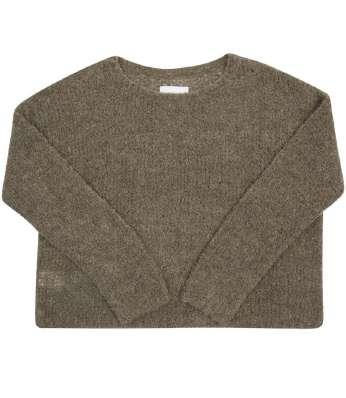
38% 13% 13%

35 236 Over products were made, 7% more then the estimate
98% Fashion
2% Homeware
Manta is proud to produce a wide range of high quality, custom-made knitting handicrafts for customers worldwide, such as headwear, sweaters, scarves, mittens, throws, ponchos, acesories and decorative objects Our biggest orders are
The workshop works with the best alpaca yarn providers in Peru who offer a wide variety of qualities and shades, while guaranteeing international standards In addition to alpaca, one of the most luxurious and finest fibers of Peru, Manta has access to organic cotton yarns, tencel, silk, recycled fibers and Andean highland sheep yarn Our main yarn suppliers are: Michell, Inca Tops, Itessa & Cortextil
For 2021 Manta can report sales of € 641 393 However due to the high investment in staff, additional costs related to the pandemic and the social empowerment, Manta is still not able to make a profit To become financially stronger Manta needs to operate at a bigger scale and become more cost-efficient
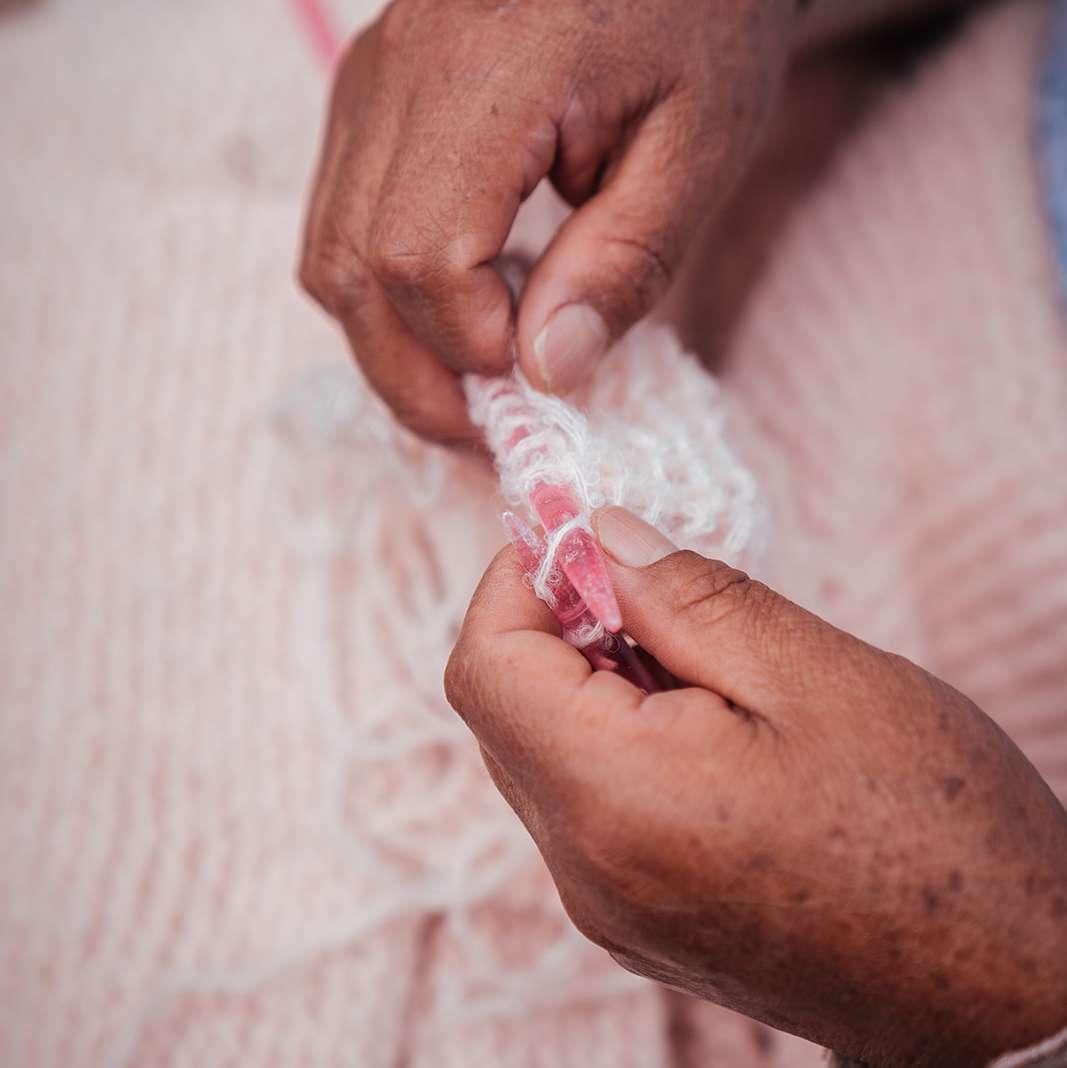

2021 presented us with a lot of challenges, even more compared to 2020, as the impact of the pandemic on fashion was delayed to the second year In 2020 many brands didn't sell their stock, which impacted their orders in 2021 This made it hard to keep all the knitters at work all year round
The workshop stayed open but much of the knitting was done from home This was due ongoing Covid-19 restrictions, but even more because schools remained closed all over Peru, making it difficult for most of the knitters, being mothers, leaving their children at home Because of a higher cost of living, the price of transportation also went up, making it more comfortable for the knitters to work from home, saving transportation costs
This new form of organising the work meant a lot of challenges for the team, in preparing materials and quality control But despite these new challenges Manta can be proud of the quality that was delivered and all deadlines were made
C o v i d - 1 9
This was only possible thanks to a reinforced collaboration with some rural community groups New groups were added In general the groups consist of 10 members, but most are growing due to bigger interest and good collaboration
Manta also continued to work with a group of knitters in the prison, a collaboration that already started in 2020 These women are especially grateful about the work opportunities Manta brings them, as they need to pay for some expenses in the prison and want to send money to their children Most women are sentenced for drug traffic or self-defence acts against a violent family environment The external groups and the knitters in prison were a big help during high season, but couldn't get orders in low season

Manta had 24 international clients in 2021, of which 7 were new The biggest number of products are made for Belgian clients (68%) Other products travel all over the world to Austria (27%), Canada, the USA, the UK and Hungary
97% - EU Canada USA
2021 was a challenging year for our clients too, and although none of them cancelled orders, the orders made were smaller We are grateful to have loyal clients who do not let us down in difficult times In 2022 we believe to be able to provide work continuity, all year round, for a bigger group of knitters and to not have as much as a difference between low and high season This is also linked to a change in mindset in the fashion world Brands try to work more towards a slow fashion, that's no longer fixed to seasons This only contributes to our idea of creating a stable income for our knitters
Manta can be proud of the low impact Covid-19 had on the health of the knitters, thanks to a continued implementation of many protocols and a good follow up of any cases Except rare cases, none of the knitters got really sick
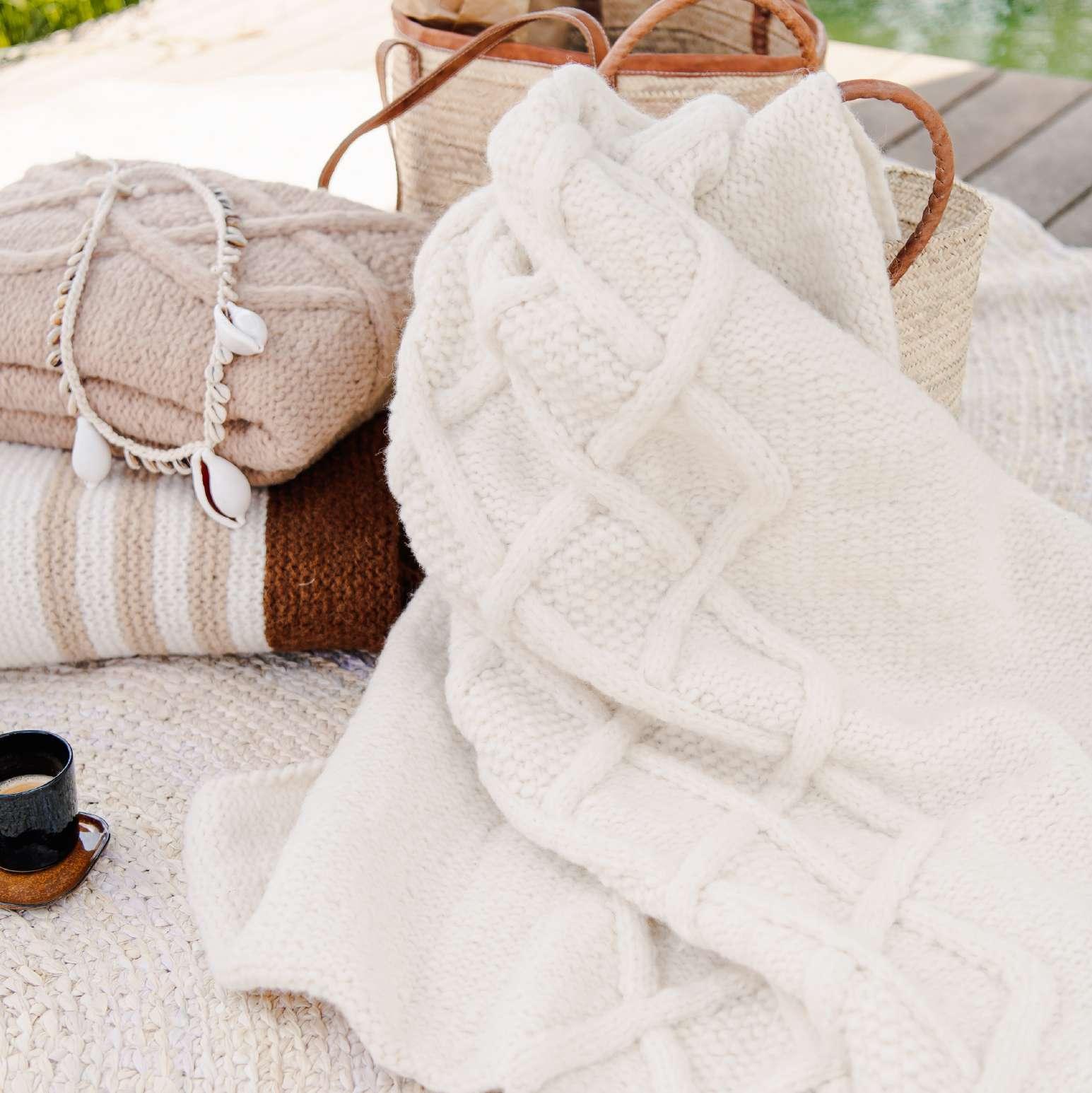 Sacha Kleinblatt
Sacha Kleinblatt
T e a m a n d k n i t t e r s
Our handknitting workshop is WFTO & Promperu certified which recognises our commitment to the highest standards of social and environmental performance
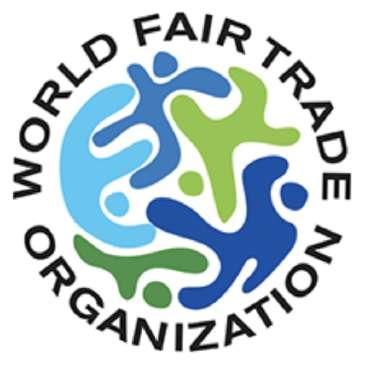
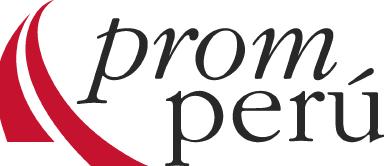
In 2021, extra attention was given to the 10th Fair trade principle - Respect for the environment Manta made big efforts to reduce yarn and material left-overs, by giving priority to materials in stock, before bying new ones We notice that clients are getting more conscious about these topics of sustainability in fashion, which makes changes easier In the design for example, more cotton is used
In packaging the company is experimenting with the use of oxo-biodegradable bags (30%) and on the lookout for even better options But the most sustainable options are found in China, which would be non-sense, shipping them to Peru, to ship them to Europa
Manta values highly the empowerment of its artisans, focusing on personal development and empowerment by providing social workshops Manta works on the personal well-being of the knitters through individual coaching and group sessions, on health issues, self-image, the prevention of violence, positive childrearing and education
Social workers at Manta continuously focus on improving the communication between knitters, or between knitters and the team, as high quality production and deadlines inevitably come with some stress, which can cause conflicts
132 knitters were individally followed by the social team (206 knitters in high season) 52 of the most vulnerable knitters were visited at home, to work on a more personal base The knitters in the rural community groups and in prison, got topics that were interesting to them as a group
Manta has 16 team members, in the production area and management Manta provides employment to over 206 knitters (in high season production months) 60% of the knitters are working for Manta's main workshop in the city of Ayacucho 40% of the knitters are part of one of the community groups Manta works with
Every day we hear stories of what the decent work and fair employment mean to our artisans and their families We see them blossom into confident, strong women Many of our artisans have never finished secondary school, or even primary school For many, working at Solid's workshop is the first time they feel valued, and their self-esteem is growing Bringing these women together, away from their domestic, often harsh lives, has created a wonderful sisterhood Our workshop is their safe place This connection is an integral part of Solid
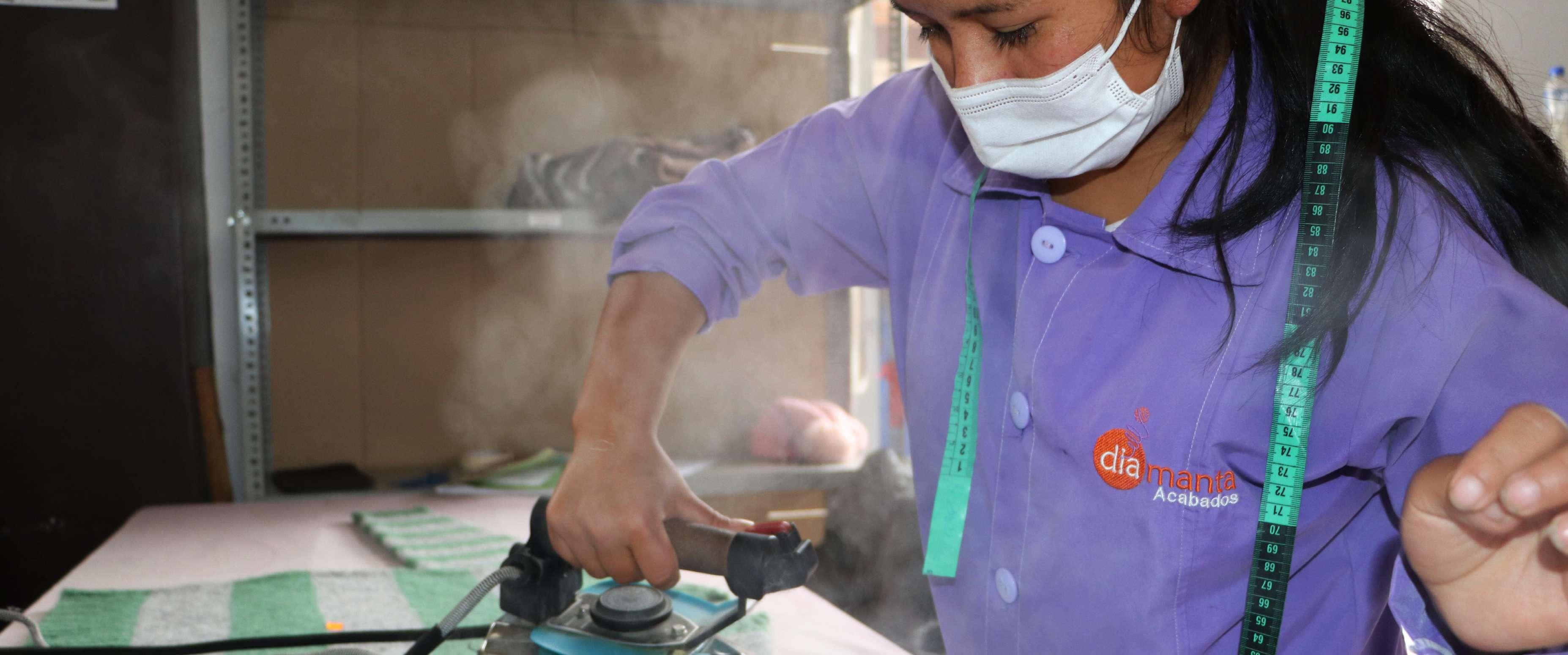

of the knitters are single mothers 5% lives alone, 2% is widow, % is divorced
82%
25% lives in a violent home environment
29
78% of the knitters are mothers with children < 18 years old of the knitters didn't finish primary school
33%
51 knitters get an eye-screening 24 knitters don't have issues, the other 27 need further check-ups, need to wear glasses or use eye-drops
Working with young, underprivileged, mothers, Solid chose to invest in a day-care service, next to the workshop, giving peace of mind to all the knitting mothers and providing a stimulating environment for their children, as many knitters still experience a big treshold to regular services This childcare is organized by the government now, on the grounds of Manta In 2021, schools and childcare remained closed (only online support) due to national Covid-19 restrictions
Some mothers, with incomplete primary or secondary school education, were motivated to resume their studies online, to provide a better future for their children and at the same time fulfill their dreams of completing their education
25 knitters are tested for cervical cancer and all test negative
ThankstoMantaIamnowworkingandearnmyown money I feel happy to bring some money home I am also studying and this year I finished the third grade ofprimaryschool IneverthoughtthatIwouldretake my studies and I was afraid of what my husband would say But Manta motivated us to study and told us that there is no age on obtaining your degree and that is what I told my husband. He said yes to a virtual course and would support me when I had difficultiesbecausehedidfinishhisstudies
knitters obtain their primary school degree (8) or their high school degree (3), thanks to the support of Manta and a free adult education program
The knitters were further strengthened in self-esteem (f e a beauty day and talent show), emotion-management and positive parenting Most knitters participate in the workplace gymnastics that are organized regularly
- Silvia Auccapuclla Albites69 knitters get individual support about family violence 9 specifically on family violence, 4 filed a complaint
Topics like assertive and non-violent communication are often new to the knitters (even more in rural areas) and are linked to identifying your emotions first, something they aren't used to doing
children were inscribed in childcare, but their parents could only receive coaching by phone or whatsapp, as government restrictions didn't allow the childcare to receive any kids
children (age 3 - 5) were inscibed in the pre-school program at Manta (organized by the government) but only got online classes
of the most vulnerable children (age 2 - 10) could come to Manta, to prevent situations were they are left unattended
children get financial support to go school, thanks to the godparents from Cunina VZW, a Belgian non profit organisation supporting kids to go to school
The was much resistance between knitters to get vacinnated against Covid-19, mostly because of misinformation and misconceptions
10 information moments were organized, but only 56 knitters got a first or second dose Only 1 knitter got 3 dosis 10 positive cases were detected and got followup
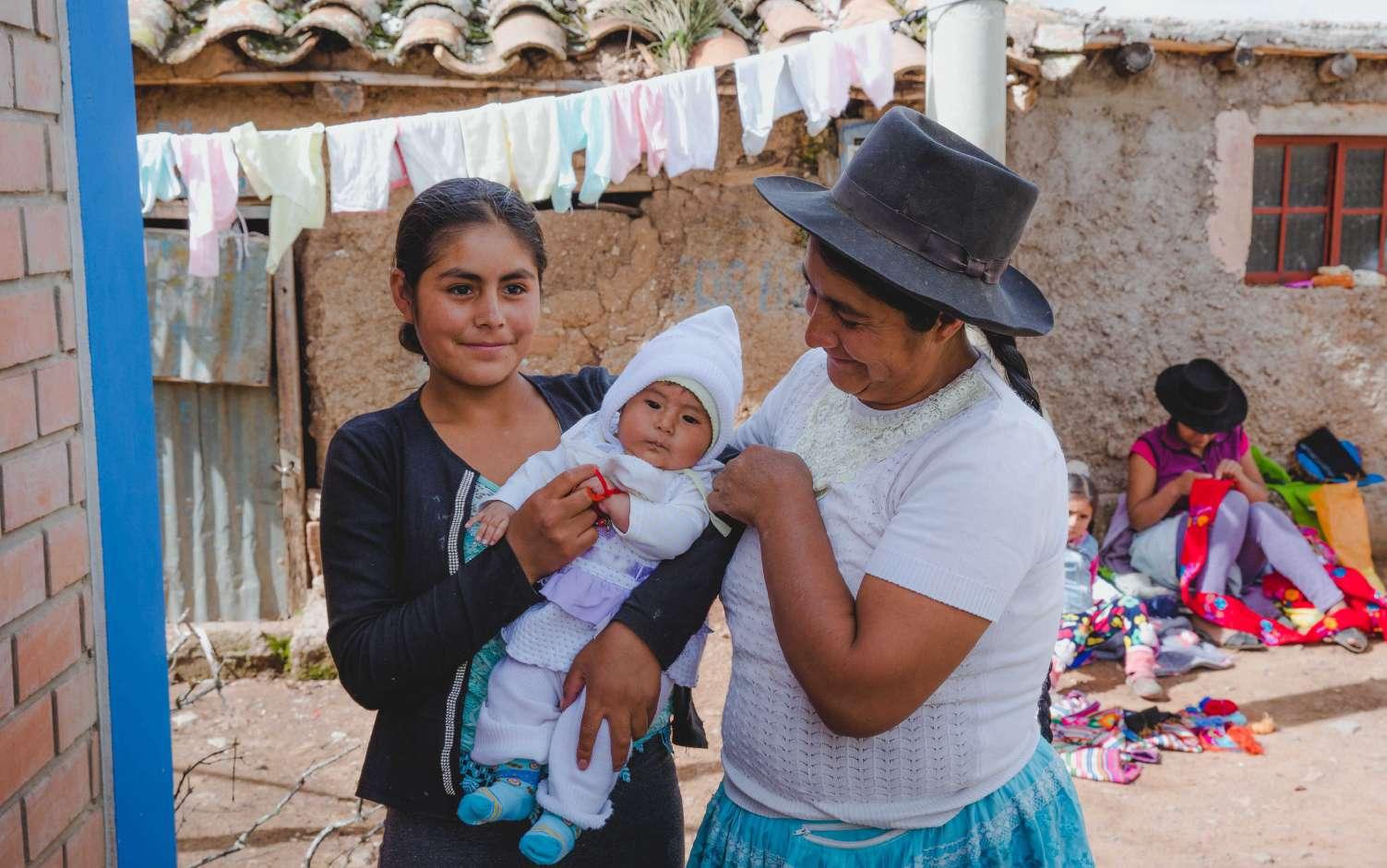
Paces Crafts is a hand-weaving workshop in the heart of India's northern region, Jharkhand, the second poorest state in India With Paces Crafts, Solid aims to provide sustainable employment for tribal women living in rural area around the city of Ranchi By offering an honest income to these young women Solid wants to bring an alternative to human trafficking and the uncertainties and dangers of day laboring Paces Crafts produces a wide variety of handwoven and crocheted products, all custom-made for conscious brands and retailers For this project Solid can count on the financial support of the Belgian government (DGD) through its business partnership facility
In 2021 Paces sold 4685 fashion and homeware products for a total revenue of 47 449€ This implies a growth revenue for Paces of 178% compared to 2020 and we have even better prospects for 2022 We are happy to finally seize the benefits of our persistence as we can say that the start-up of Paces Crafts has not gone effortless and trouble free
2021 was a year with ups and downs for Paces Crafts Some great opportunities presented itself but sadly the Covid-19 virus caused another lockdown for a few months, in India We were able to continue our production for our loyal clients, As Adventure, Juttu and Paulette int stad
Paces Crafts started 2021 with the launch of a new product, the kantha jacket For the production of this jacket we set up a nice colaboration with a small-scale & ethical garmenting factory in Mumbai, KP Clothing The Paces Crafts ladies embroided the beautiful kantha fabrics out of recycled Indian sari’s which were then assembled by professional tailors
In total 29 000€ in salaries are paid out to the ladies It is important to note that few artisans work full time and all year round The number of artisans varies greatly throughout the year:
We give them the opportunity to work from home and which means that they are producing in between their daily household chores We also have a high rate of absence due to festivals, weddings, harvests but also due to Covid-19 and periods of low production opportunity
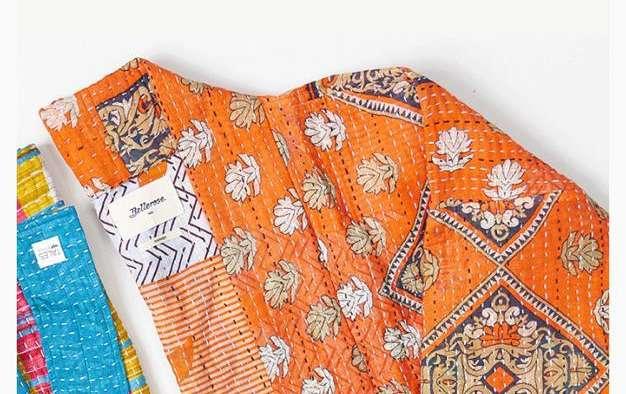
Our salesteam worked on the storytelling and photoshoots & we joined forces with some European agents because this time we wanted to build a bigger network of retail contacts The public loved it and we were able to produce and sell around 500 jackets A great work opportunity for our ladies! A few months after the launch, Bellerose, one of the most beautiful Belgian brands fell in love with our jackets and after some constructive meetings a colab was born: Paces Crafts would make unique kantha jackets for Bellerose Huray! A dream came through for Solid!
2021 was also the year of our first domestic (Indian) client Our ladies have been crocheting lovely animals for a company called Knitpro and the collaboration is ongoing for the future!
In between lockdowns, back in 2020, we started talking with a new potential Dutch client: the company Van der Sar import They develop and produce baskets, pots, vases and planters These products are sold by plant export companies, wholesale florists, garden centres, retail chains, growers and agents throughout the world What makes it an interesting partner for Solid and Paces Crafts is the fact that they take into consideration the environmental and social aspects in business Asides from having this common ground, a cooperation with this company could mean a serious scaling opportunity for Paces Crafts The idea was to make baskets out of recycled sari’s The first samples were positively received and in 2021 the client asked us to do a test order of 1800 baskets to test both the production capacity of Paces Crafts and the market Covid caused some serious delays and hurdles but we are happy to announce that the 1800 baskets were delivered perfectly We passed the test successfully and are ready for growth and more fair employment in 2022!
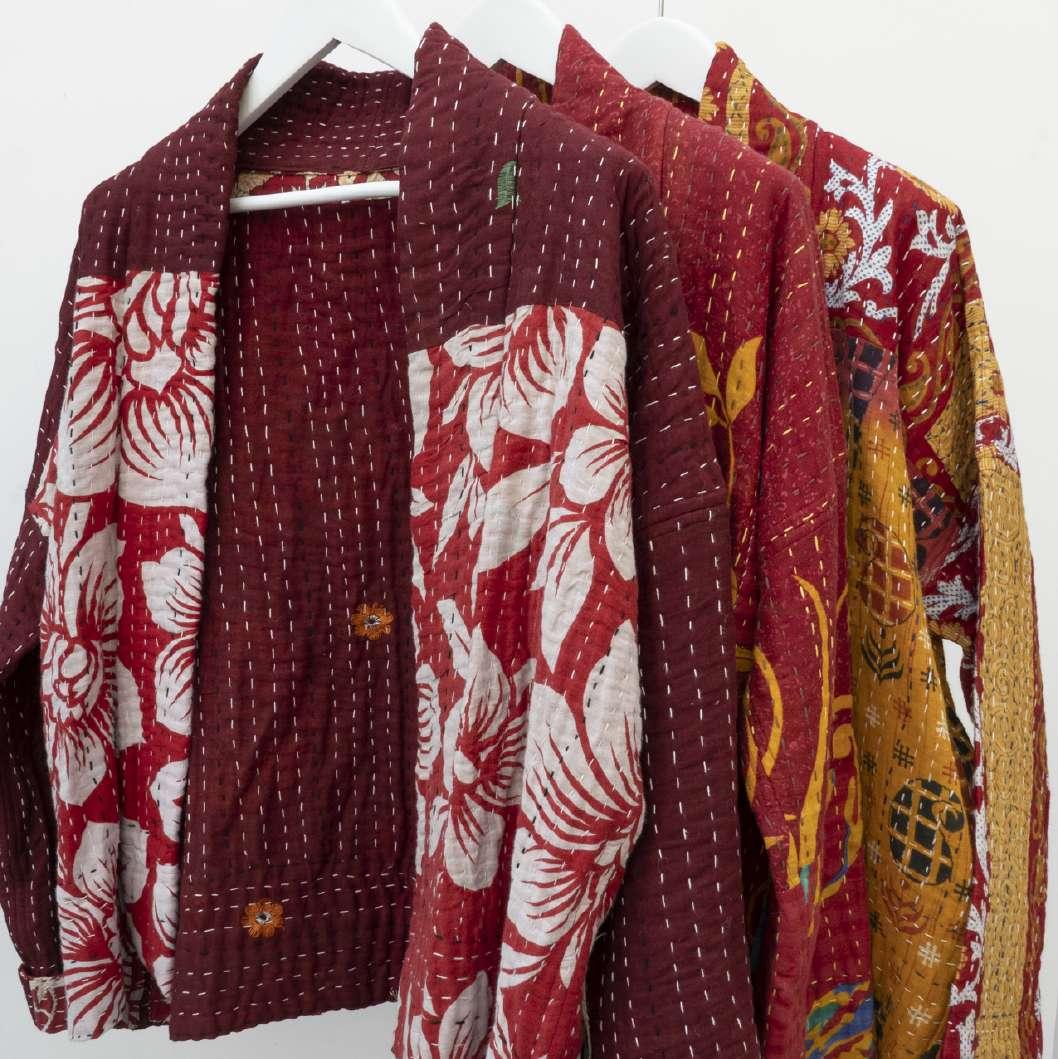

The best things in life are used, loved and rescued This is the principle of our Tales by Solid collection Our women are using their sewing, weaving & crocheting skills to repurpose second hand traditional sari fabric These worn and discarded saris are carefully washed before they get a second life All is done by hand, which makes this a zero carbon production Each product has a unique design, meaning no two are the same in the world!
We found a nice partner in Belgium to help us with the filling of our poufs After all, it would be taking too much volume if we would fill these lovely poufs in India and ship them like that The Kemphaan, a tailor made company that offers quality employment to individuals with a distance from the labor market, is our new partner in this
This year we have ventured into selling our products in Loods 5, near Amsterdam Loods 5 is a very popular shop in shop concept for interior decoration and accesories Unfortunately this was not a great success We had big expectations of sales in the period leading up to Christmas but then, unfortunately, LOODS 5 went into early lockdown


Since mid-April, Solid's staff began to drop out due to illness It soon became clear that a second wave of Covid19 had started in India, at a rapid pace Paces Crafts went into self-imposed lockdown as from April 20, a week before the state of Ranchi declared a full lockdown This was extended until mid June Half of the Paces Crafts staff fell sick or had to take care for sick family members Hospitals were overwhelmed and tuktuks drove through the streets of Ranchi with corpses
Right before the start of the lockdown we were able to distribute supplies to the ladies so that they could continue their work at home and keep a steady income During the lockdown we had to be inventive to keep the work going for most of the artisans Luckily, after the lockdown production went at full speed, motivating the team and artisans


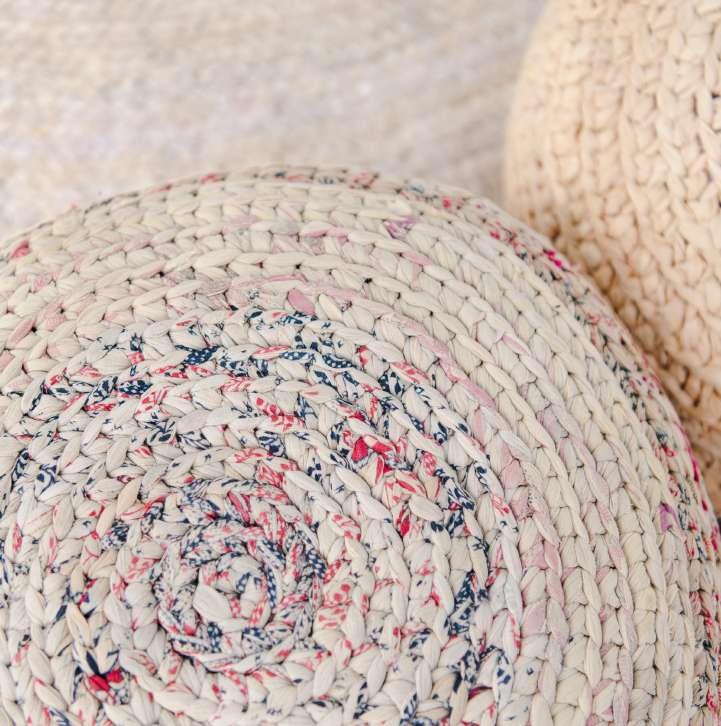
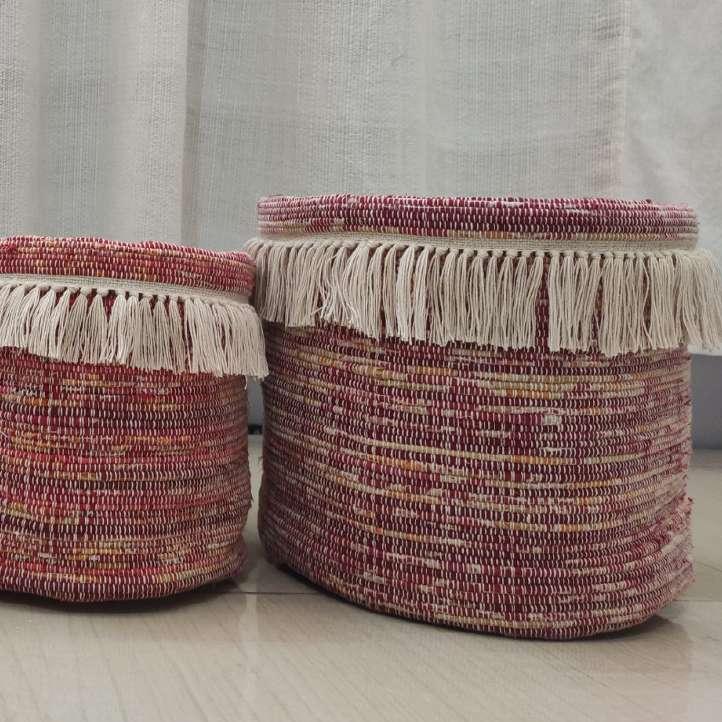
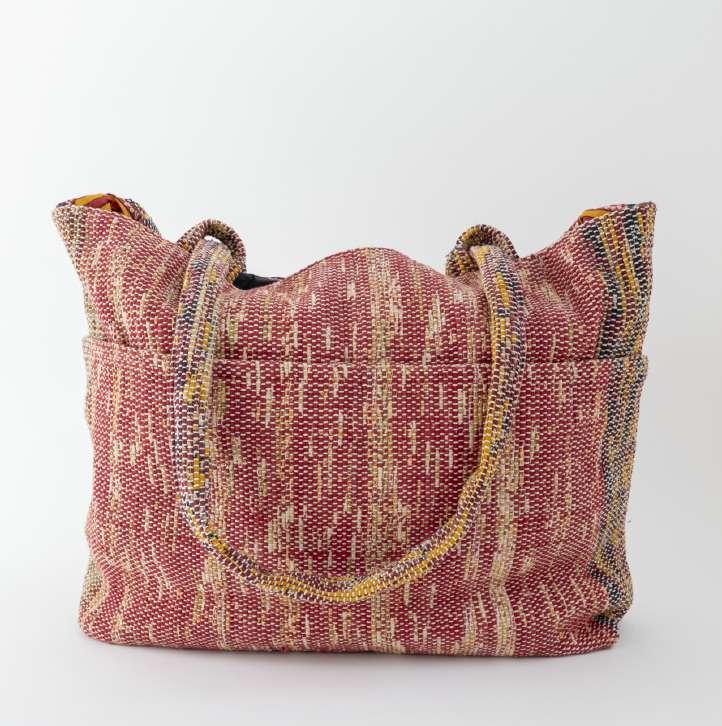
Paces Crafts had a first big sea-freight for all the heavy weighted products, such as rugs and poufs A better choice for the climate and (normally) a more cost-efficient one Unfortunately Covid-19 had prices of maritime transport from Asia skyrocketing For the shipment, all went miraculously well until the ship came by the Suez Canal There it stayed blocked for weeks, after the famous incident We invested more time in mapping our supply chain and reviewing its sustainability We also updated some of our internal policies, e g the health and safety one Many CSR parameters are monitored yearly, to identify priorities

In 2021, the ongoing impact of Covid-19 on production, also had its impact on the possibility of organising social workshops Still, the artisans learned more about Human Rights in a follow-up workshop Many more workshops were planned but the right person, an HR-profile we ' re still looking for, was lacking Childcare continued to provide a safe and stimulating environment for many of the artisan's children
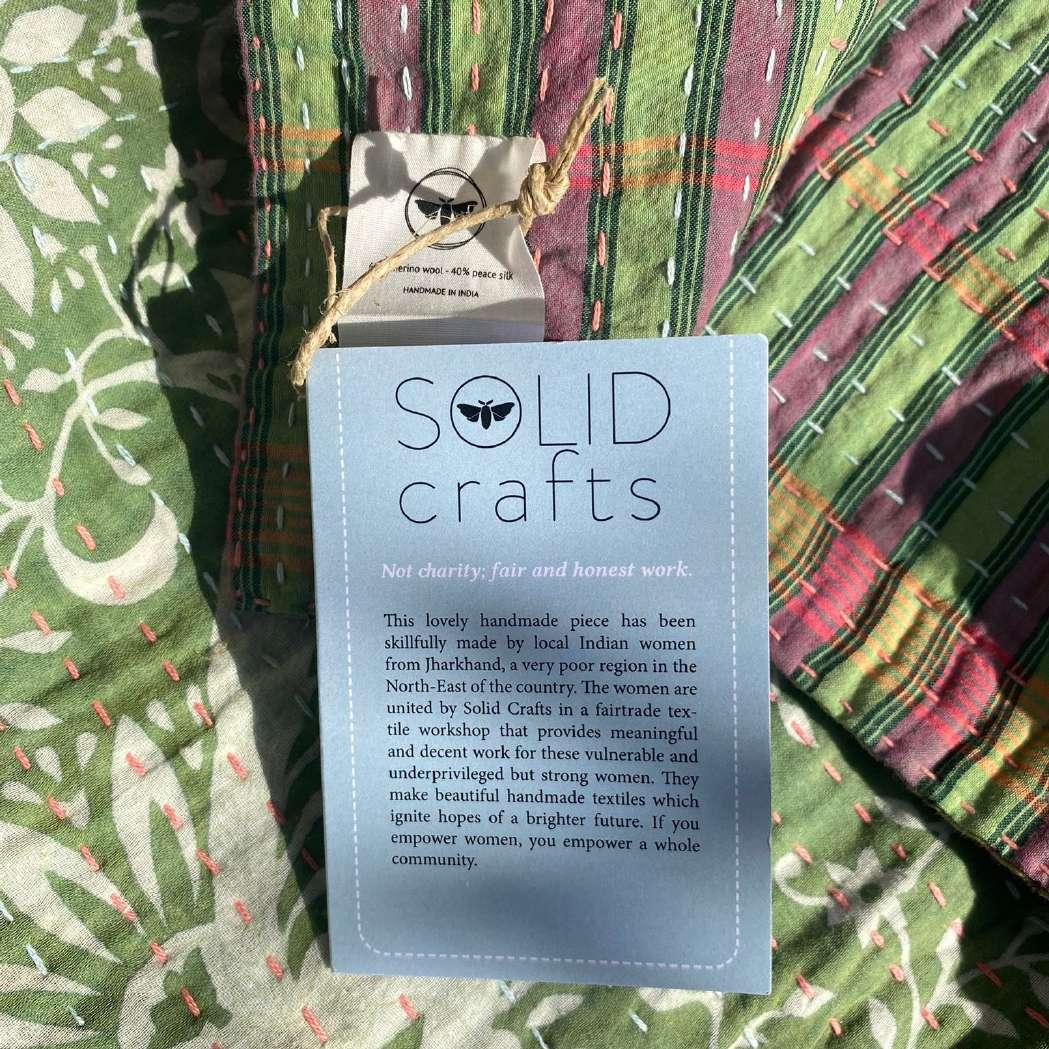

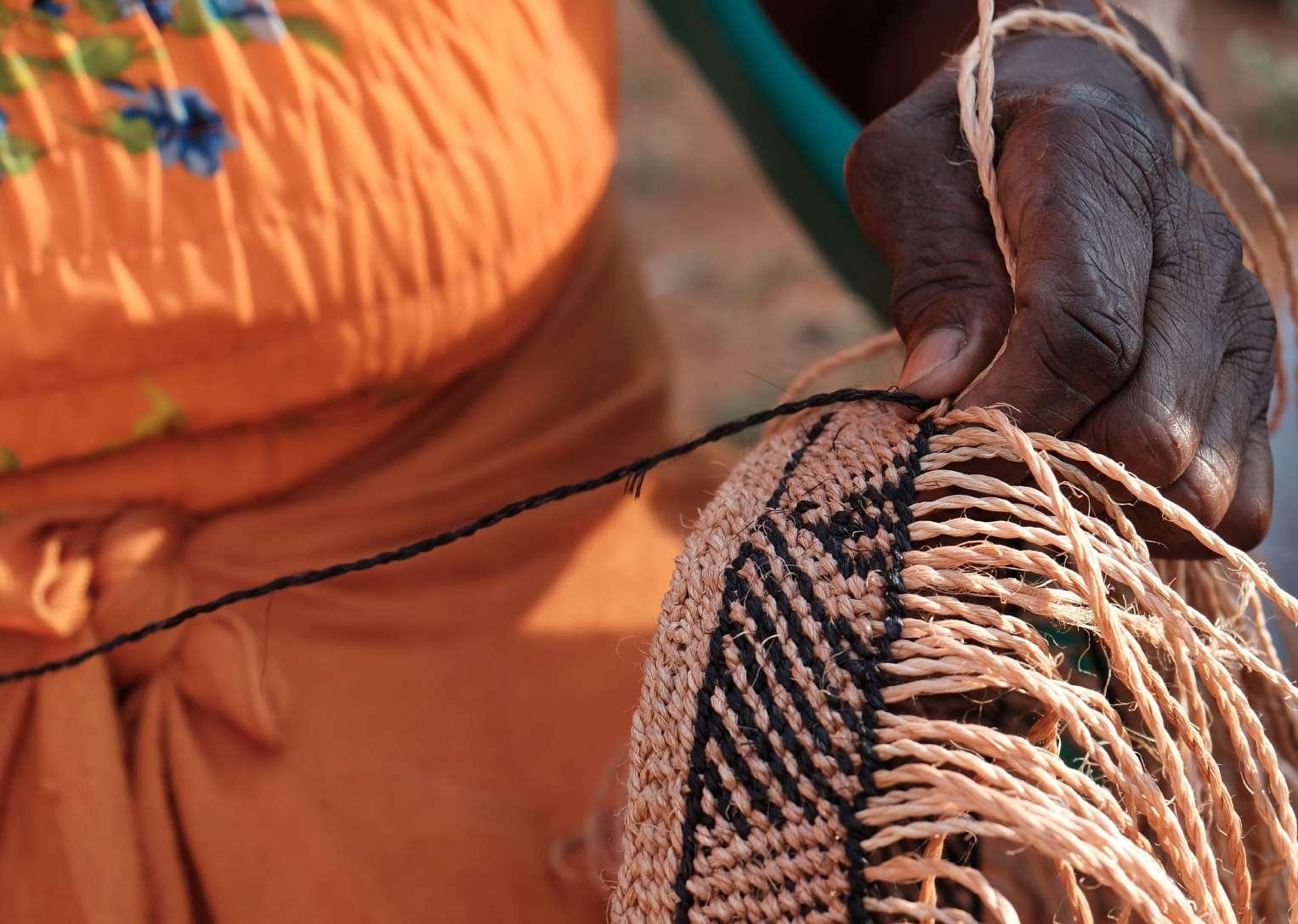
Hadithi Crafts is based in the South-East of Kenya, in the Kasigau region, located between the Tsavo East and West National Park Hadithi's handwoven baskets are a collection of traditional and contemporary sisal and palm leave baskets Hadithi means ' a story' in Swahili, because each basket tells the unique story of the powerful woman whose hands braided it What's more, every basket sold directly supports its creators and their families, ensuring a fair income and financial independence for Kenyan women in rural areas, where employment is scarce Selling these baskets also provides a sustainable alternative to environmentally harmful practices like the poaching of wildlife and destruction of forests for charcoal, timber or farmland All of the profits from Hadithi's sales are used to offer support to local women ' s groups and the conservation of wildlife and forests in south-eastern Kenya
Over 1,773 female artisans were involved in craftsmaking for Hadithi in 2021 These women are organized into 61 women groups in the Kasigau region This meant an extra 10 women groups and an 15% growth in artisans compared to 2020 Hadithi managed to grow by 150%, like it was set out to do This allowed all the women to earn an even better income
In 2021 Solid Crafts spent as much as 100 000 dollars with Hadithi Crafts of which 72% went straight into the hands of the individual artisans for the purchase of 10 942 items
For every year longer that an artisan is member of Hadithi, her Poverty probability index (PPI*) goes down with 2%
With the help of Solid Crafts, Hadithi could realise an expansion of their offices (with an extra container) and provide multiple trainings, in business skills, debt management & financial literacy, to all the women groups
Two trainings, on quality/creativity (colouring of the sisal) and efficiency were added A training on chicken rearing was also well received by the women Hadithi also opened 9 community shops with all the necessary materials for the basket weaving, close to where the women live All the chairladies of the groups received a smartphone to improve communications The remaining social funds were used to do a social survey with 1000 interviews, analysing the impact of Hadithi’s job creation on the artisans lives and their poverty criteria, with an encouraging result!
In 2022 Hadithi wants to keep expanding its sales and impact in the region With the creation of a leather workshop Hadithi will create additional employment and incorporate value addition in their production line They are also motivated to work towards obtaining the NEST seal of ethical handicraft**, which entails policy writing, artisan trainings about those policies, and in depth timemeasurement of labour and material costs, going into each item Hadithi will also start using QR codes, that will help with storytelling Finally Hadithi will start using online sales platforms for wholesale Hopefully a new way of working towards an increase in sales
* https://www povertyindex org
** https://www buildanest org/the-nest-seal/ethicalhandcraft/
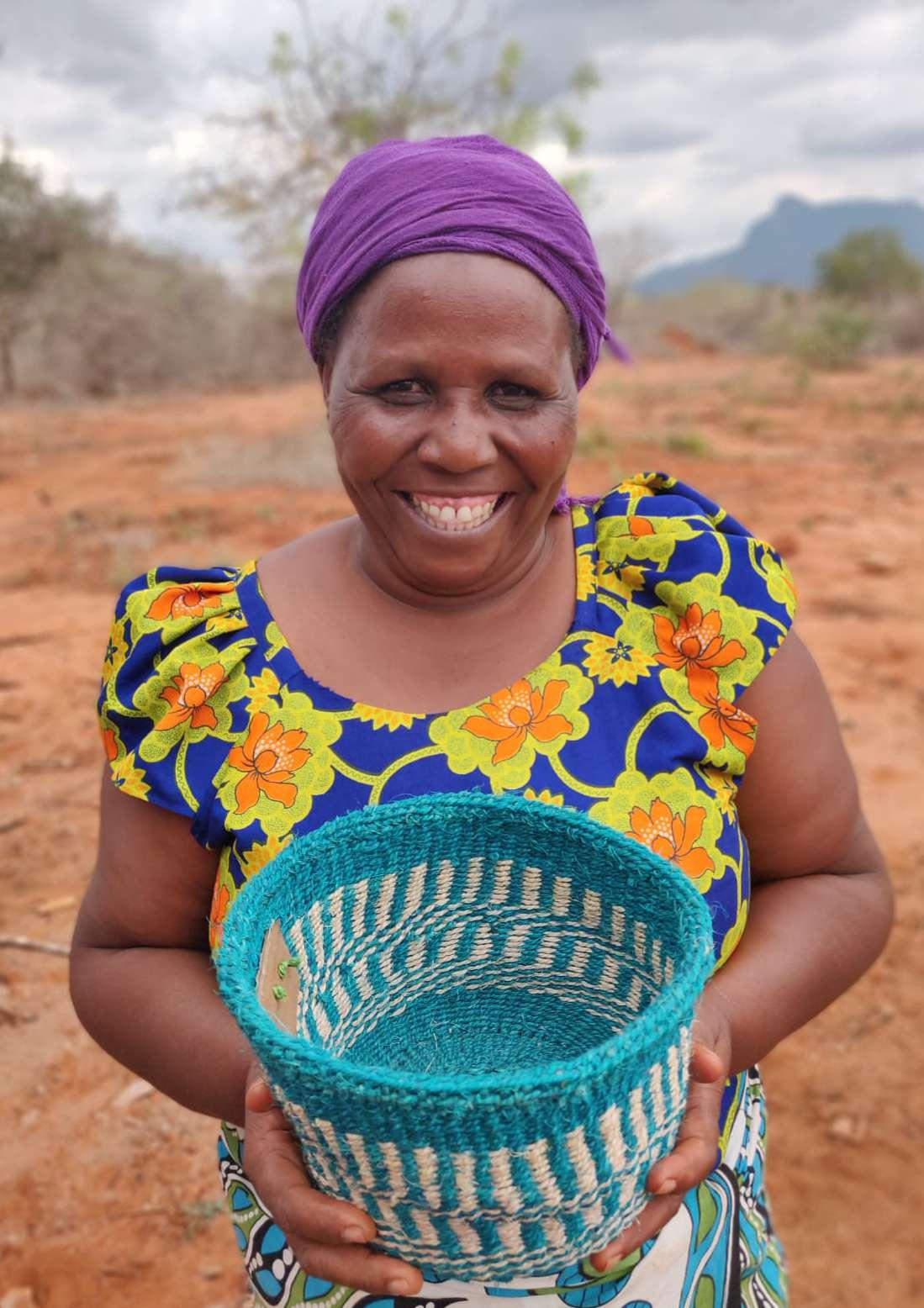
With its mark of " super food", quinoa conquers the world
What’s more, quinoa is not just full of vitamins, it’s also one of the most water-footprint friendly grains on the planet At Solid Food, we honour the tradition and the origin of this precious seed Indeed, technically quinoa is a seed and not a grain
Since 2016 Solid Food brings this (organic) Peruvian quinoa directly to the Western market Solid Food is a spin-off of Solid that commercialises the product honestly, ensuring a clear profit for the local farmer
Solid Food builds on the foundations made by Solid rural (since 2007), a program that trained and assisted quinoa farmers on their fields, in the rural areas around Ayacucho, helping them improve their agricultural business to become self-sufficient and consequently improve their social living conditions Today the capacity building and the choice for an intensive, and long-term cooperation with these farmers is continued

In 2021 Solid Food Peru gave technical assistance to 323 farmers Every farmer was visited at least four times during the year
Due to the pandemic, less quinoa was exported than the year before However, thanks to some new clients the same level of sales could be maintained at Solid Food Europe
It’s also clear that the importance of the organic market is growing: in 2019 about 35% of our sales was organic quinoa, whereas this percentage increased to 65% in 2021
In 2020/2021 Solid Food started cooperating with European partners to produce derivate quinoa products, such as quinoa flour, quinoa flakes and puffed quinoa
These products are produced by European factories, but of course with 100% traceable quinoa from our farmers in Ayacucho, Peru
In 2022/2023 one of the big challenges for Solid Food will be the development of a new factory in Peru This way we want to be even more performant in the cleaning and bulk packaging of our top quinoa from Ayacucho Thanks to our direct collaboration with quinoa farmers in Ayacucho and our vertical integration, we continue guaranteeing 100% traceability while achieving a major social impact

Montefino, until 2017 known as Avelac, was set up as a training institute for farmers with dairy cattle It’s located on the roof of the Andes, at an altitude of 3800 meters Initially this social company wanted to help to improve the cattle breeding in Ayacucho, but during the last ten years, activities at the farm expanded Run by a collective of 17 local shareholders, Montefino is now a comprehensive farm, with its own cheese, yoghurt and other dairy products On the 49 hectares of cultivated fields they are experimenting with new products (for this altitude) such as organic strawberries, blueberries, cut flowers and Andean crops like native patotoes and tarwi Montefino also breeds pigs, guinea pigs, chickens and trout
In recent years the farm also expanded its agrotourism activities, now being a place where visitors from the city, can experience the real Ayacuchan farm life They can participate in daily farm activities, enjoy a local meal, have a chat with the farmers and even stay overnight to escape the busy city life Since many years Montefino also houses the JOVEM project (in the weekends), with a variety of practical learning opportunities (p 31)
The Montefino cheese was, for the second year in row, recognized as a quality cheese on a national level With the first and second place for the 'Paria Maduro' and 'Andino cheese' In the international contest for quality artisanal cheeses ExpoQueijo Brasil 2021, Montefino obtained the bronze medal with the 'Andino cheese'
As part of the agrotourism Montefino expanded with lodging services This new activity was challenging and meant new investements, new teammembers and training of staff The rooms are cozy and clean, with private bathroom with hot water A true luxury in this surrounding Also the restaurant improved the quality of its menu, with local and international dishes, using products directly from the farm Guided tours are also offered, and a range of recreational activities for adults and children were added
The farm has on average 80 Brown Swiss cows of which 50% are in production The monthly average of births was 4 calves With around 13 60 liters of milk per cow, Montefino had an annual production of 198,630 liters 90% of the milk was used for the production of dairy products
The production and sale of dairy derivatives grew considerably in 2021: 19,558 kilos of cheese (fresh and mature), 17,397 liters of yogurt (natural, strawberry or aguaymanto), 693 kilos of white manjar and 385 kilos of butter Responding to the demand for new products, natural yogurt without sugar and a new Swiss-type cheese, named "high altitude cheese", were introduced
A total of 3,027 packages of roses of different colors and 824 kilos of organic strawberries were harvested The greenhouse provided enough vegetables to feed the team and to cover the need of the Montefino restaurant Putting into practice principles of a circular economy, the production of organic fertiliser (humus) was promoted
The farm continues with the raising of minor animals such as guinea pigs, free-range chickens (for meat and eggs), pigs and trout Their meat was used in the preparation of typical local dishes, such as " cuy chactado", "caldo de gallina", "chicharrón ayacuchano" and "fried trout"
Cedric Bouwen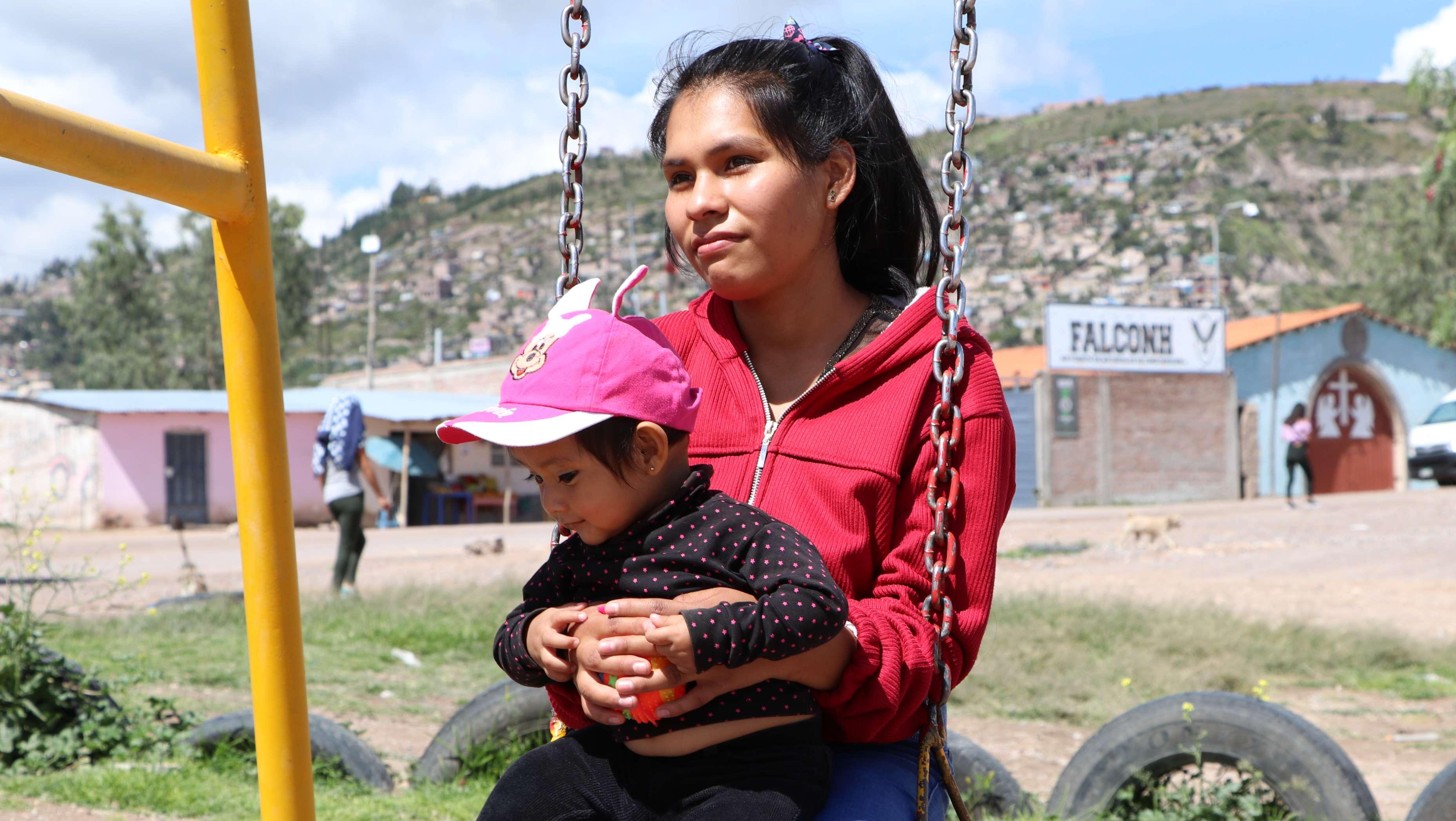
Desarrollo Integral del Adolescente (Dia), translated as ‘Development of adolescents’, is a social organization which specifically targets the problems surrounding teenage pregnancies and sexual abuse in minors Through different projects, the organization wants to strengthen the self-reliance and empowerment of these girls, often living in (extreme) poverty
Both in the rural area as in the city, teenage pregnancies still remain a large problem The risks of young girls, and their children, ending up on the streets with no education, poor parenting skills and no vision on the future whatsoever is a problem we at Solid are determined to help tackle
A proper sexual education and beter decision making

Finding support in their new role as mothers and feeling good as adolescents
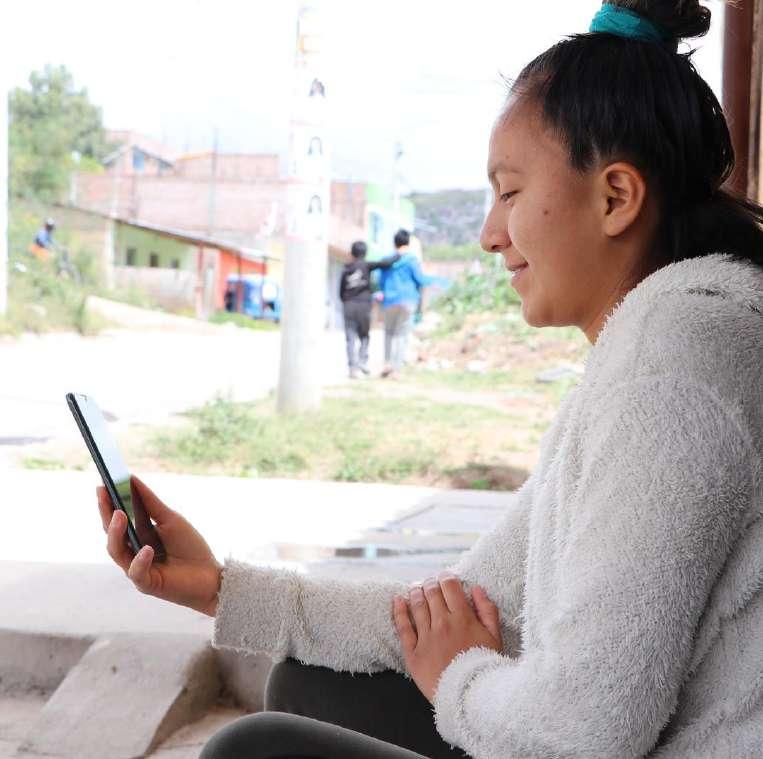
2 out of every 10 teenage girls (15 - 19) in Ayacucho is a mother or pregnant.
(Source: DIRESA OGTI Report Ayacucho 2020)
Every day 4 girls under 15 years old give birth in Peru
Source: El impacto del embarazo adolescente al futuro del Peru, UNFPA - 2019)
A residential care where teenage victims of abuse can find a safe space to recover

many of them are pregnancies as a result of their limited bodily autonomy
41 adolescent girls between 10 and 14 became mothers during 2020.
(Source: Mesa de concertacion para la lucha contra la pobreza Ayacucho - 2020
In Peru, despite the existence of national guidelines for comprehensive sex education, in most schools and families there is still a great taboo around sex and sex education and it is common to push the message of no sex before marriage However, statistics indicate that many adolescent girls have sex before the age of 15 In Ayacucho 16,8% of pregnancies were in teenage girls in 2020 (DIRESA 2020 ) This regional figure is above the national average of 12,6%
CDA (Centre for Adolescent Development), believes that creating a positive school environment, providing informative sex education and improving the personal skills of youngsters are part of the solution, which is why CDA trains teachers in giving sex education in an appealing way, and forms student leaders, to become advocates of change, working with their peers In 2021 all activities continued to be organised online, as national education was only allowed to organised online
50 Youngsters
between 12 and 15 years, from different high schools participate voluntarily, eager to contribute to the issue of teenage pregnancies
They receive (online) group workshops on 'Personal Development', 'My future plan' and 'Sexuality', complemented with individual sessions Inspired by the topics they create 6 videos to share with their peers and the teenage mothers from the EMMA project Creating the videos helps them grow in their skills as young leaders and the result is very well received on social media Learning about communication skills problem solving, emotion control self-esteem, decision making, etc was just the beginning
In 2021 these youngsters participated in local commitees the advocate for actions in prevention of teenage pregnancies and organized a group activity for the teenage mothers of the EMMA project In 2022 this group of strenghtened youngsters will participate even more in local prevention campaigns and will visit different high schools to share their knowledge with their peers
40 Teachers
receive training on the use of online workshops about sexual education Together they reach over 800 students
Their support is very much needed, in bringing the right information to many students, and to prevent unwanted teenage pregnancies

Each year the EMMA project (Empowering Teenage Mothers) offers counselling and support to 100 adolescent mothers in Ayacucho, Peru Through weekly home visits and only support, trained nurses and obstetricians accompany these young mothers, ensuring the proper development of mother and child They pay special attention to the mother's personal development, emotional well-being and her attachment with the child
Every year, 100 teenage mothers, between 12 and 17 years old and their children, under 3 years of age are accompanied Partners and family members are also invited to participate Outreach is done through health centers and media The participating teenage mothers are selected based on poverty criteria and often live in the outskirts of the city of Ayacucho Most struggle with malnutrition, domestic violence, abandonnement and school drop-out In 2021, 100 teenage mothers completed the project
The support is given through individual home visits, calls or (online) group workshops Thanks to the foundation New LIfe, the project could foresee cellphones and internet recharges for all teenage mothers that had no phone, ensuring continuity when teenage mothers (temporarily) travelled to other regions for economic reasons
The project has 4 main focus points:
Video feedback
41%
41%
35% of teenage mothers dropped out of school because of early pregnancy
of teenage mothers come from a home with family violence
of teenage mothers come from broken families
Safe attachment of the mother
between mother & child
Emotional well-being
Art therapy
Prevention of a second pregnancy
Family planning
Prevention of violence
Workshops on rights and Positive Parenting
Other topics were the prevention of Covid-19, health and nutrition (in cooperation with local health services)

66%
of teenage mothers have a good attachement with their child (4% at the start)
95%
of teenage mothers are now aware of the care routes in cases of violence (21% at the start)
53% of teenage mothers use a contraceptive method (22% at the start)
Thanks to
94% 40
of teenage mothers control their anger in a healthy way (47% at the start)
100% of teenage mothers avoided a second pregnancy
7 group workshops in art therapy (online) & over 750 individual sessions on personal wellbeing
5 workshops on Family Planning & over 250 individual sessions
5 workshops on Prevention of violence (275 individual sessions)
Over 450 individual sessions of videofeedback
Many teenage mothers improved considerably in the attachment with their child (sometimes product of abuse), observed in a better interaction during moments of play, feeding or washing their child They now enjoy much more those moments and the interaction with their child Being the first year the team applied videofeedback, this metodology gave very promising results
It was observed in 2021, that the numbers of violence were much higher, as a consequence of the pandemic and the impact it had on daily live 54% of the teenagers reported violence at home
teenage mothers go back to school (online)
The team also focused on the education of the teenage mothers 83 of them hadn't finished secondary school, 41 were not studying at the start of the year The girls were accompanied in the enrollment process, motivated constantly and received help with the many challenges online education presented for them (lack of access to quality internet, a mobile phone or laptop, limited digital skills, as well as the lack of support from the partner) 40 teenagers (out of 41 who weren't studying) retook their studies
The new reality of online classes seemed to be an advantage for the girls to resume their studies, being able to be at home with their child and study at the same time Others could remain connected (thanks to a cellphone donated by a partner organisation) even when moving
For the second year in row, there were more challenges than in previous years The Covid-19 context brought difficulties such as the migration of some of the teenage mothers, in search of covering their basic needs (food, housing) with the support of their families This situation hindered some project activities, due to low internet connectivity or mobile phone signal in some places Another difficulty was the economic situation of many teenage mothers, that already live in a situation of vulnerability
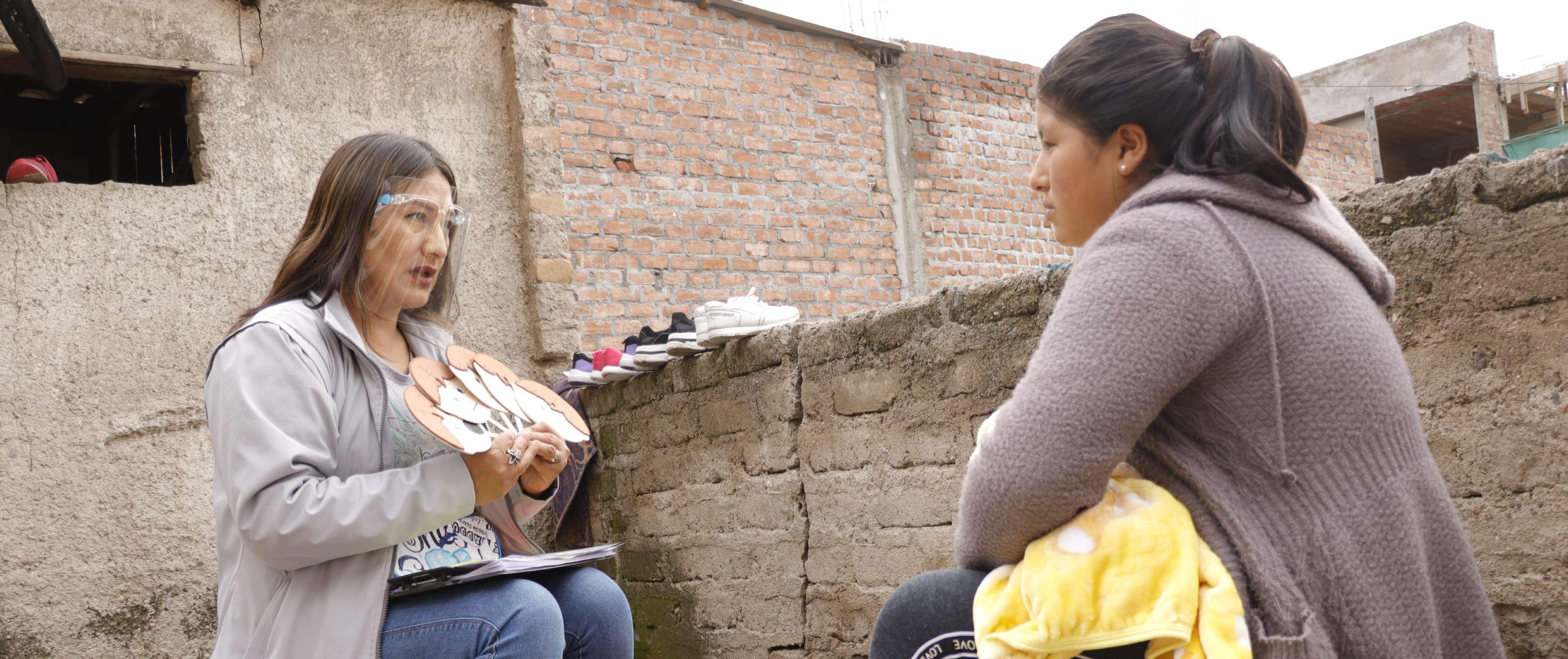
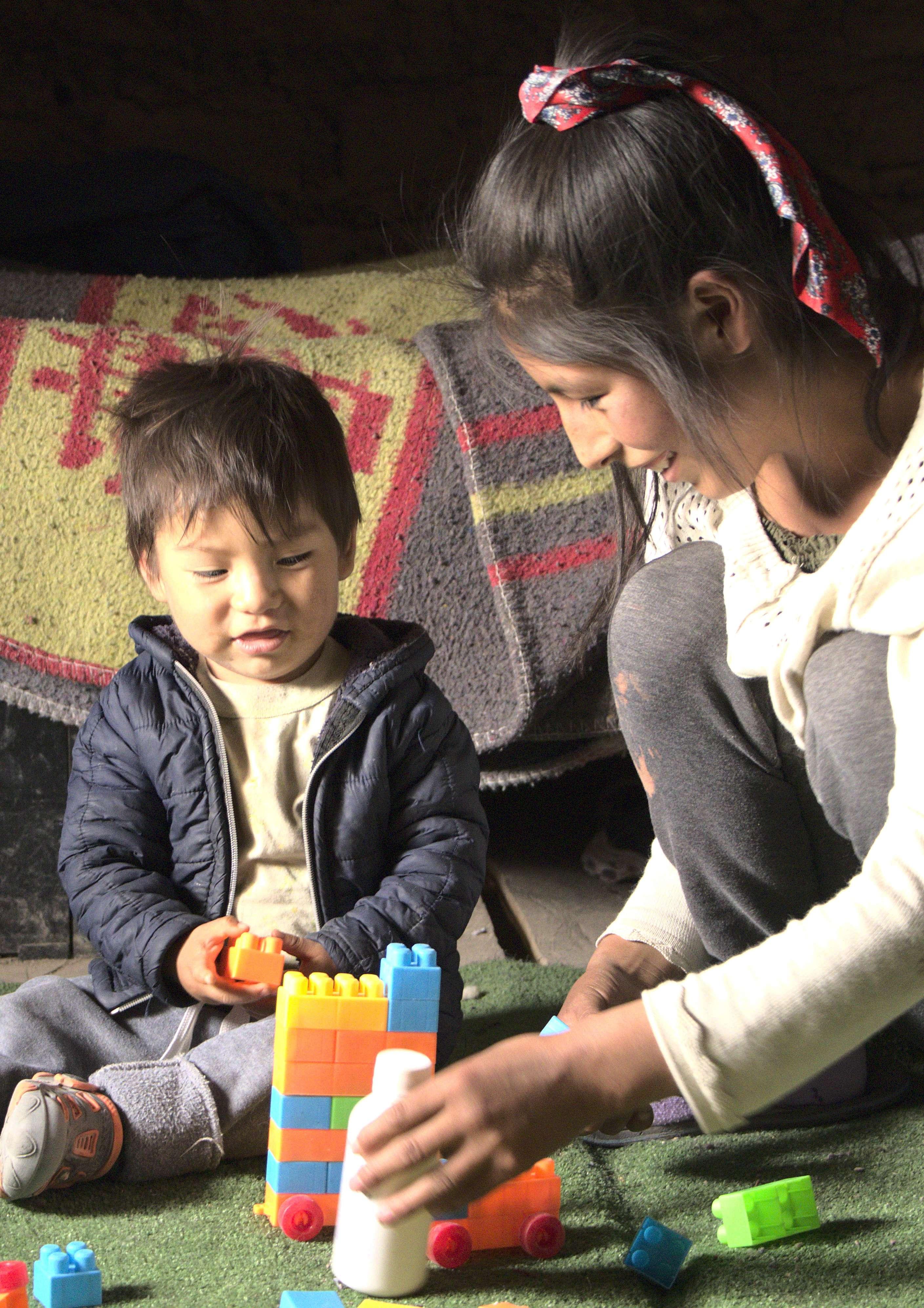
I want to thank the project for coming into my life. After what happened to me I wasn't interested in things, I didn't want my daughter. But the project came to me, as a gift. They talked to me and helped me to love and care for my daughter. Through the video feedback I was able to understand and see my daughter's reaction, I saw how she was happy when I cared for her and responded with affection. I will never forget all the things we learned. Now I am taking up again some things I had left, I am smiling again and, above all, I am loving my daughter.
G.Y.R.H.The Residential Care Centre (CAR) is the only one in the region of Ayacucho that cares for teenage girls and teenage mothers and their children, victims of domestic and sexual violence
The adolescents are referred by the Special Child Protection Unit or the court and are accompanied in recovering from the trauma until being reintegrated into their family nucleus or until they start living independently, for those who reach the age of majority Most girls stay for up to two years, during which their life skills and emotional wellbeing are strengthened

We take in teenage girls and teenage mothers who are victims of domestic and sexual violence, between 12 and 18 years old, who are referred through the Special Protection Unit and the Family Court (justice operators) in the city of Ayacucho The accompaniment lasts approximately two years There maximum capacity is 15 teenagers and three teenage mothers with their child
The girls in the shelter are accompanied in all areas of their lives and strenghtened through individual sessions, group sessions and therapy The work with the family is done by the social worker to strengthen the bond familyadolescent and ensure a healthy family reintegration During the many months of lockdown (and closed schools) the large house with green areas (thanks to the support of an important international partner) offered a nice but often to small environment for our teenage girls
33 girls stay at the shelter in 2020 including 6 teenage mothers and their young child
43% 30% 20%
of the adolescents are admitted for sexual violence
of the adolescents are admitted for domestic violence
of the adolescents are admitted due to abandonment
Activities like bio-gardening, knitting and cooking (f e cupcakes), created therapeutic spaces as well as opportunities for entrepreneurship, allowing the teenagers to generate a small income as well as emotional stability Sports, music therapy and fun activities brought some distraction during moments of continued confinement
The accompaniment of this group is a daily learning process Some worrying cases of self-harm
17 girls left the Residential care centre in 2021
Return to family of origin (47 06%)
8
3 6
Referral to another shelter (17 65%)
Run aways (35 29%)
18 adolescents received therapy sessions Three adolescents continue to have psychiatric appointments (referral) and the corresponding medication for psychiatric issues
73% of the girls were emotionally stable and reduced their anxiety
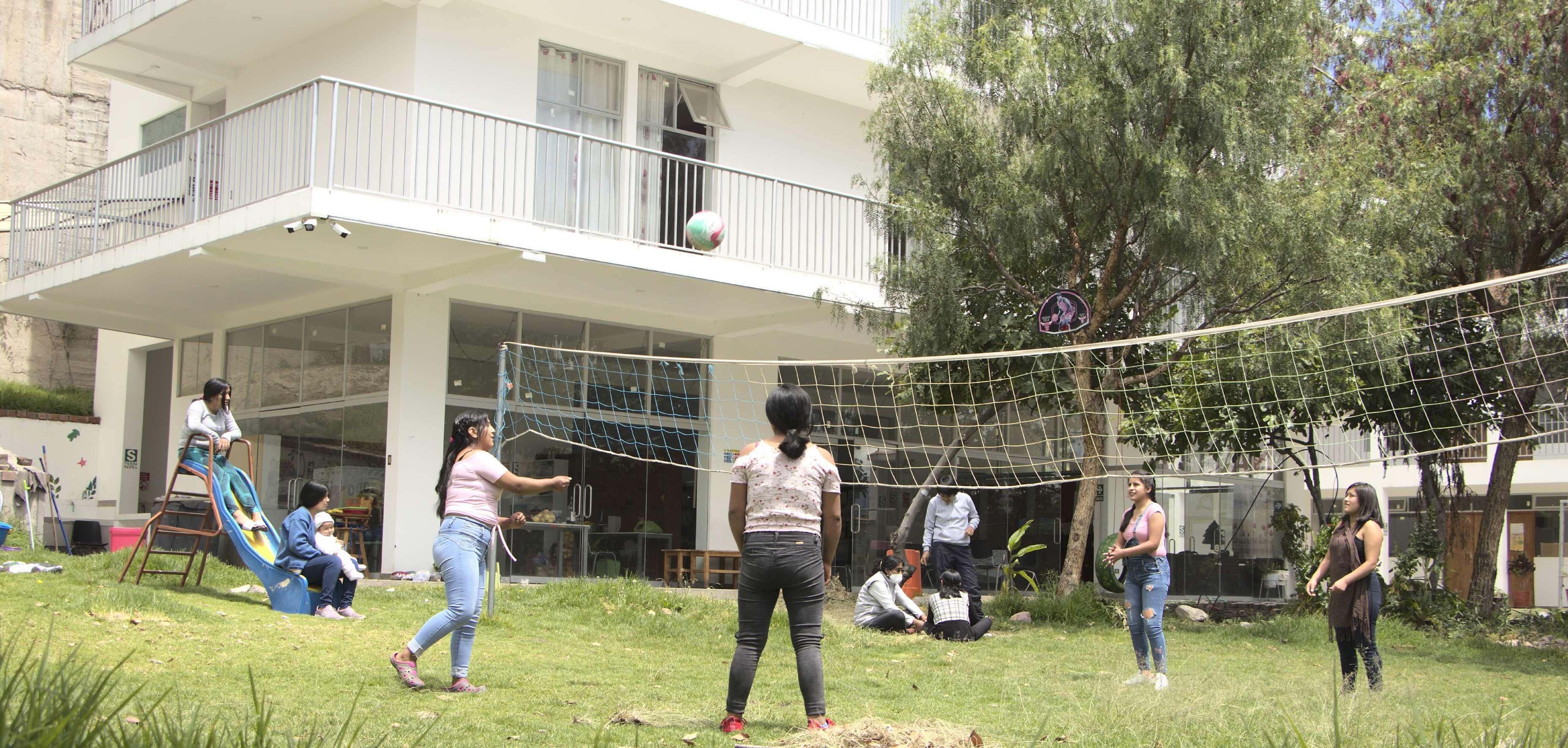
2021 is another year of online education, demotivating many students
90% of the girls continued their studies on a regular basis*
10% follow classes in the weekend*
*Both forms, due to the pandemic, were virtual
Covid cases
An isolation area was maintained for the new adolescents who entered the CAR There were NO cases of covid-19 in the adolescents and their children 90% of the girls were vaccinated
.... I have been taken to the hospital several times, because I was always in pain here (points to her belly), now I know that it was because I didn't talk about what had happened to me and because I remembered my mother's death...
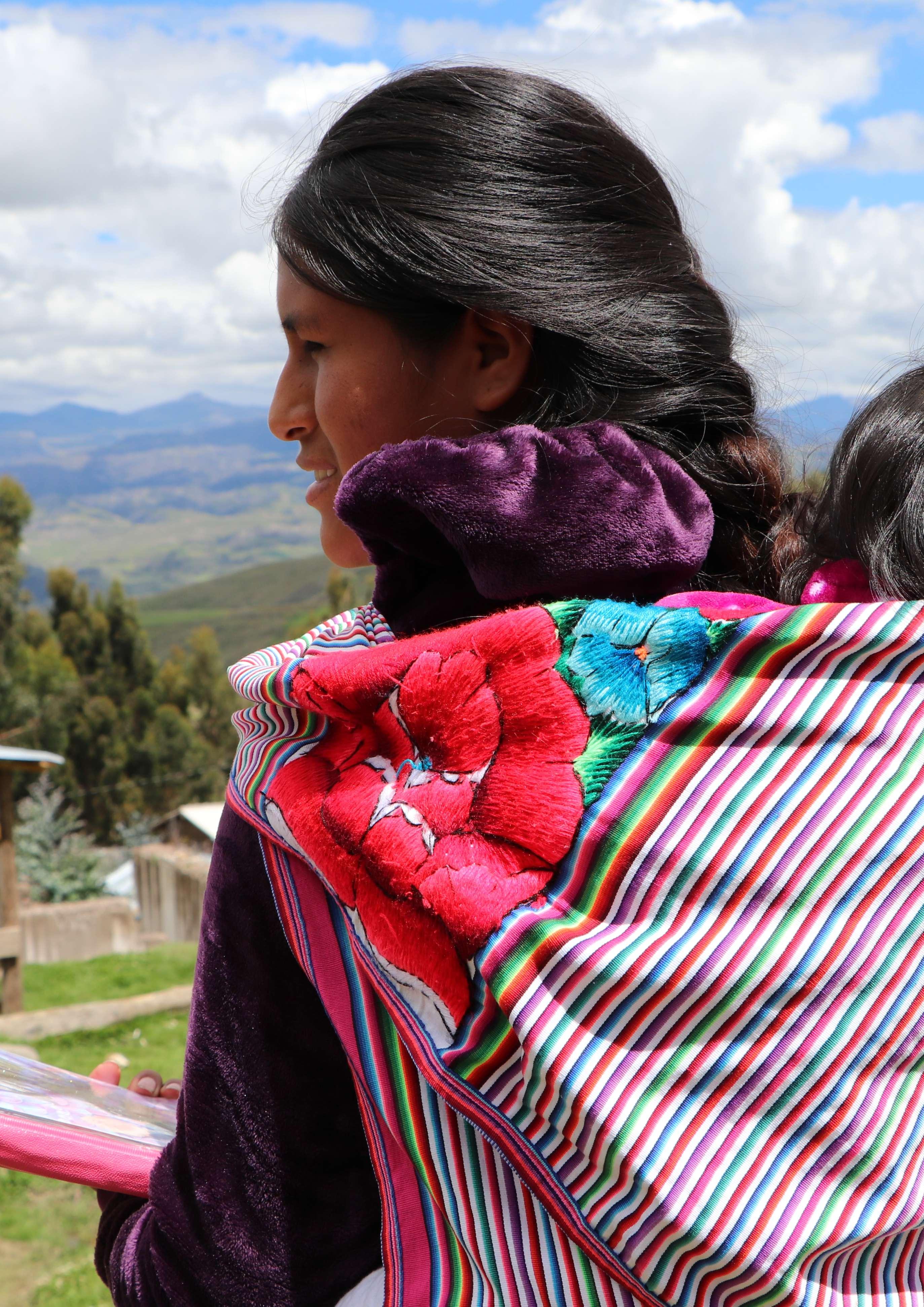
I was afraid to leave the shelter, but now that I am with my sister, I thank the CAR team for everything I have learned, like how to raise my guinea pigs, take care of my bio garden, knitting, and not to be afraid of psychologists.
Rosa Daniela (16) Ana Maria (14)Jóvenes emprendedores, translated as ‘ young entrepreneurs’ is a three year training program for rural students, age 15 to 23, to strengthen their entrepreneurial, technical and agricultural skills and personal development This project responds to the problem of the lack of opportunities for young people coming from rural areas Through an agricultural and business training JOVEM gives them the possibility to become a successful entrepreneur, in order to improve their living conditions on the countryside
The training normally takes place during the weekend, at the "Montefino farm", a place that has facilities for small and large animals, a variety of crops and flowers, a dairy processing plant, accommodation and a restaurant In 2021 classes were organized at the stable again, after a year of online courses and community workshops, in 2020 It was a great challenge to convince communities, students and parents to organize live classes again, as national education stayed physically closed due to refusal of teachers to restart unvaccinated

The Jovem project is complementary to the regular education and lasts 3 years The training is focused on sustainable farming tecniques, in a variety of products, entrepreneurship and personal development Classes combine theory and practice and students are encouraged to learn by doing, in a group business (first year) or their own individual business (second & thrid year) The classes are given at the Montefino stable, during the weekends Every 15 days a group of 15 to 20 students received 12h of classes , complemented with home visits and individual follow-up
Age 15 - 23
From 4 surrounding high schools
Study in 4th or 5th grade or finished studying
Only Basic level and Advanced level
(No intermediates - due to difficulties in the selection of the Basic level in 2020)
In 2021 the regular national education stayed closed (only virtual education) in 2021, as in 2020 80% of the rural youngsters didn't have adecuate access to education, missing a laptop, good internet or the digital skills This had a big impact on their education and mental health, with a direct link to higher stress levels, anxiety and exposure to violence 30% of the students show dificulties with responsabilities and respect
45%
55%
64% of the parents work in agriculture (52% in quinoa) 16% of the families work with Solid Food
Most of the families of the students consist of five family members (36%) or more (30%) On average, the families earn between 100€ and 120€ per month (44%) 41% earns less
A family would need around €15 a day to cover food, health and other expenses, adequately Most families earn an average of €4,6 a day This is reflected in the health indicators where children under five years suffer from malnutrition and anemia

These youngsters are in their 3rd year of the training, feeling the biggest impact of the pandemic
In the implementation of their individual business, all prices went up, demanding mayor creativity and implying some delays
It has been a group of students whose concerns, emotions, worries took more place Due to social restrictions they have gone through times of isolation at home where different problems such as domestic violence and abandonnement were common
The JOVEM project was the big exception, in the region, in organizing live classes, bringing small groups together, with the necessary precautions The project has managed to prevent any Covid-19 cases
The students could taste from different classes in the 3 main subjects and could implement the learning in a group business
75% (56) pass to the second year of the training
6
group businesses are implemented with a small loan of €100 to € 200

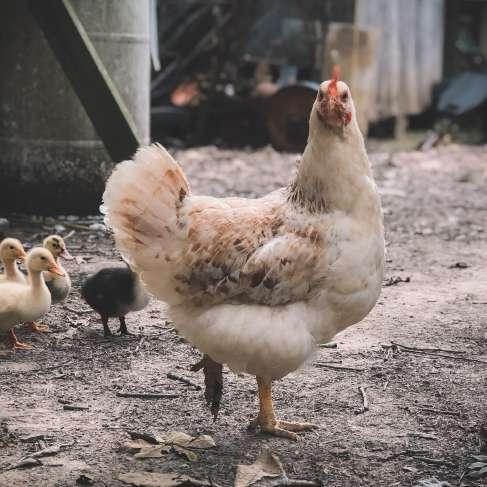
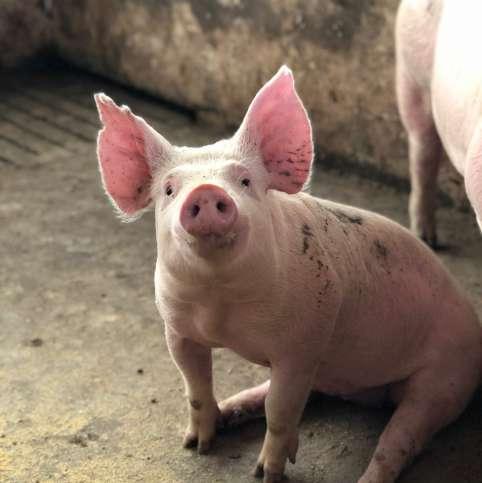
100% of the loans are reembursed by the group businessessome make a small profit



In 2021 the project received an external audit, In 2021, from the office of External Cooperation of the Regional Government of Ayacucho The students showed their technical knowledge, their personal development and the income they are earning
The auditors emphasised the importance of the Jovem project in rural areas as a means of boosting the economy by making maximum use of the resources available to them
87% of the youngsters implemented their business: The Covid-19 pandemic has augmented the demand of their products in their local communities and in the city Most earn a monthly average of 450 to 500 soles (€ 115), doubling the family income
An income comparable to their parents', but obtained with less hours and efforts, enabling them to invest time and ressources in further studies 12 students continue higher education at the University of Ayacucho
Their businesses are very inspiring to the rest of the rural population, because of their energy and motivation to tackle problems they face, the ease with which they adopt new technologies, the greater acceptance and flexibility to change, and the capacity for innovation that characterises this stage of their lives
91 %
of the students have a profitable business
91 % of the students improved their product management to demand a higher price
91% of the students shared their experiences and tecnical knowlegde with 2 other farmers
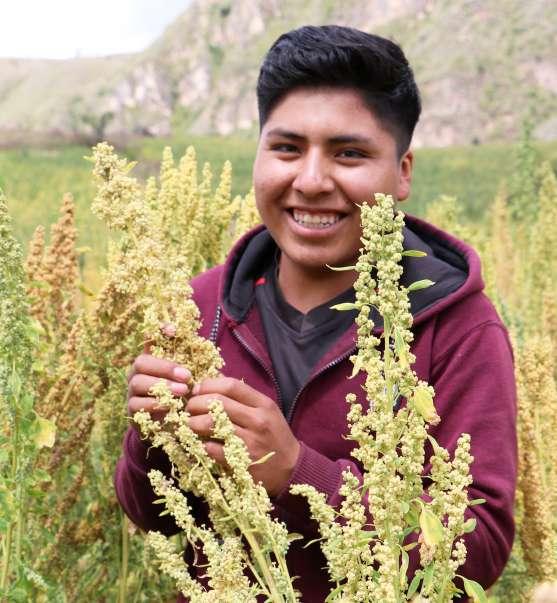

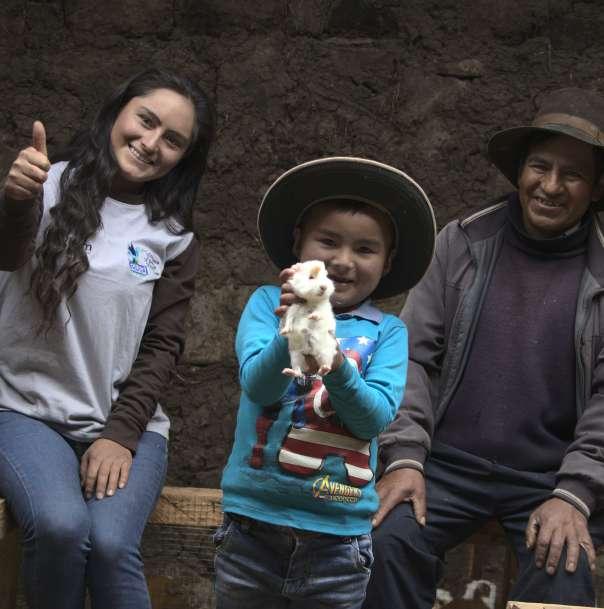

The young people showed their strengths in technical management, their personal development and the generation of income from their income generation from their enterprises The auditors emphasised the importance of the Jovem project project in rural areas as a means of boosting the economy
I"t is a practical programme that enables young people in the rural area to develop skills that are not usually taughtintheclassroom" *AuditReport
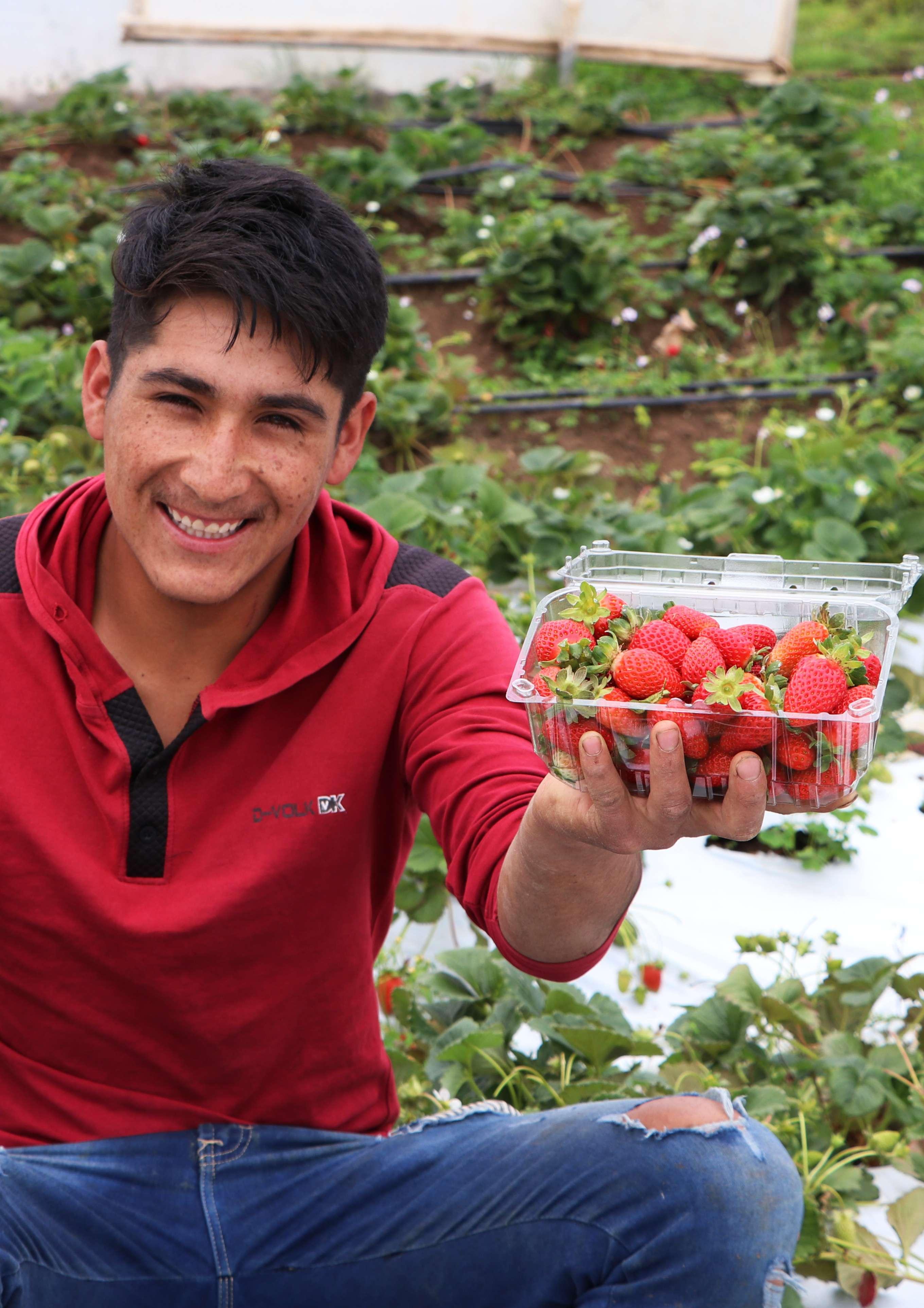
Before joining the JOVEM project, I did not know what a Business Plan was. I have enjoyed learning how to manage a business, how to deal with risks and how to continue when you feel you can't. Now I feel that I have grown as a persone. I am more responsible.
- Jhon Yefri Quicaño Colos - Colegio Chanquil Project gerealiseerd met de steun van de Collibri Foundation4 Partners
4.1
4.2 Clients Donors
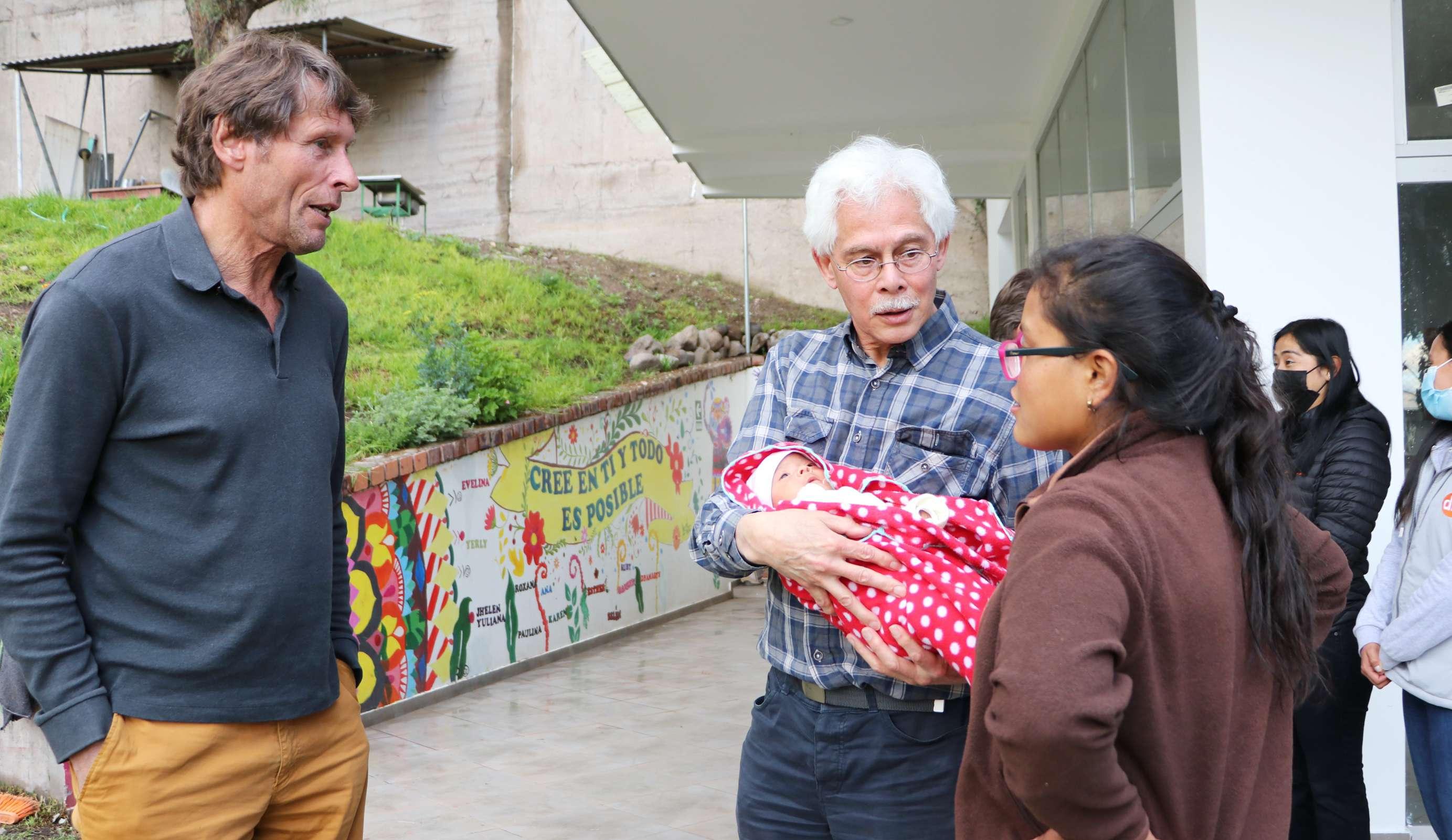

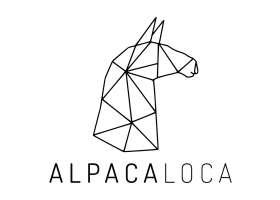
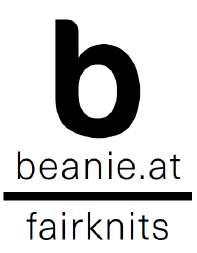
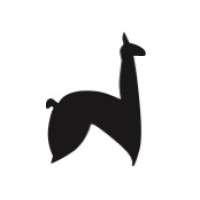
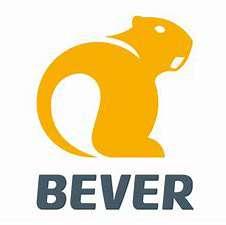




't Labo
Allossa
Atelier Van Gastel
Atelier25
Bellerose
Borgerhub
Club Geluk
Co’s Cabane
Cosi Cosi
Couleur Locale
De Houten Kruik
Duka Moodstore
Escape
G-brand/Grusenmeyer
Gidi

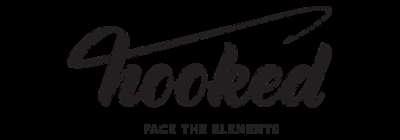
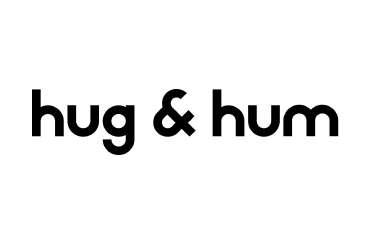
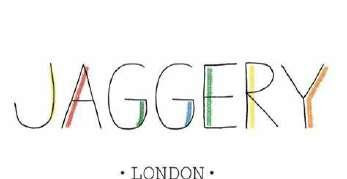
Goûts et Couleurs
GRUUN
Just Hazel
Feelgoodstore
Jüttu
L'AmuZette
La Bottega
La Poterie de Bibine
Le MuZée de L'AmuZette
Les Belges
Let's Create
Little Green Stories
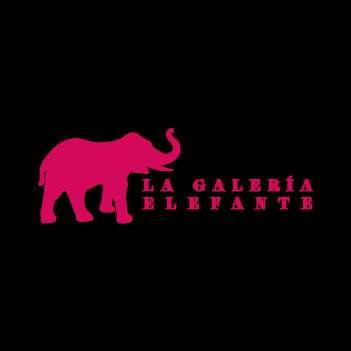
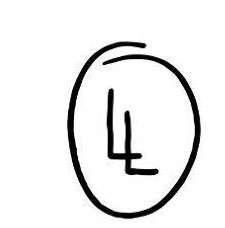
Lots Flower Art
Lulu
Madame Panier
Maison cosi
Mira
Morris Coffee & Crafts
Müller Diest
Nana
Oranjetours
Oui
Paulette in 't Stad
Pedico
Pierre et le Loup
Plek






Plume
Rewind Design
Rose AvrilSaturday
Schoenen en lederwaren Cools
Shopinshop @Lux
Soshun
Spazio Weekend
Tiffany's Sint-Martens-Latem
Tiffany's studio Lochristi
Van Eccelpoel
Vertelles
Wondergreen
Yellow Sky
Zelda & Zorro
Stockists abroad
France
Capucine
Freckles
La Teinturerie
Le Market Nantes
Lili Pont
Marianne Cat
Podjo
Trinity
Germany
Amabile Conceptstore
Bairro 1717
Bolinas Kaffee & Laden
Davantti
Harmony
Bramigk & Breer Interior Design
Jyoti - Fair Works & friends
Katrin Anner
Kohnoa
Langeloh & Peters'son
Maximilian Mode für Männer
MM Bewomen
Novel
Railslide
Tulu
Unterhaltung Lieblingsstücke
Watermelon Project
Winkel van Sinkel
Möbelboutique Gabelmann


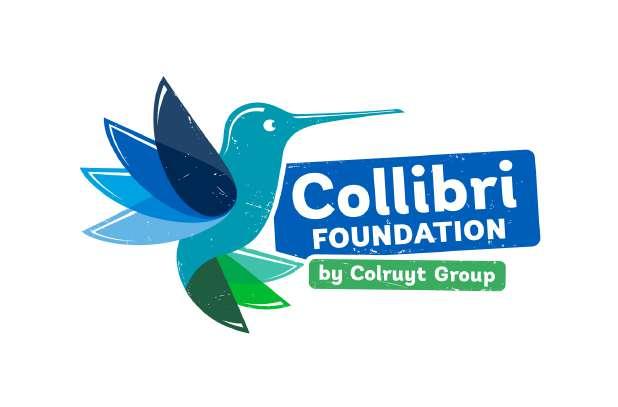
Lituania
Soulcraft
The Netherlands
Brandmission
Het Faire Oosten
Moois Mode
The Sunday Store
Verpotterie
Vloerkleden Wereld
WanderWood | Earth
Friendly Boutique
Wildernis
Spain
Aqua Ispal Bohome vintage
Bois et Fer
Nice Hand Brand
Switserland
Duo sur Canapé
Kétala boutique
Room&Spirit
Urbankissed
UK
Cult: Zero
USA
Ben & Giules
French Buckets
House of Kelleher
Love Travels. Imports.
Navydylan
Viracocha Décor
Sao New York
The Real Olive Company
Wild Leaf


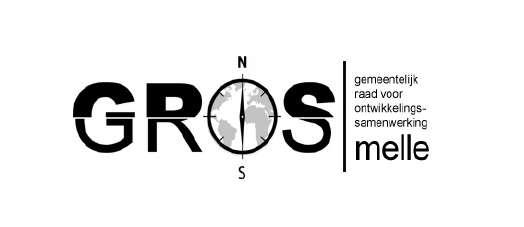

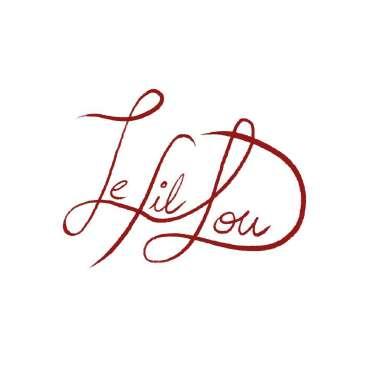

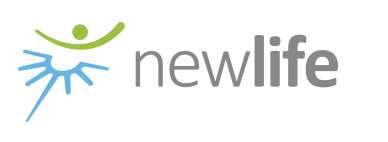

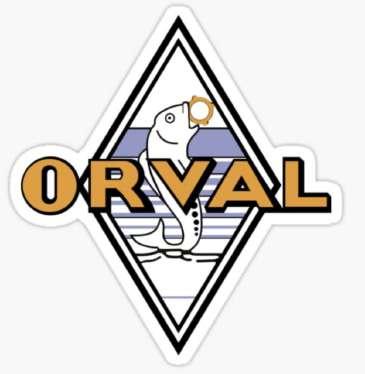
5.1
5.2 Donations Volunteer

Donations for 45% tax deductible
Solid guarantees your gift will be spent 100% on our projects Solid covers all the overhead costs in Belgium Professional follow-up of each of our projects is secured
More information: https://solidinternational be/ or mail to Inge Overmeer: inge@solidinternational be
Koning Boudewijnstichting
Brederodestraat 21
B-1000 Brussel
Bankaccount: IBAN: BE10 0000 0000 0404
BIC: BPOTBEB1
0415 580 365 RPR Brussel
BTW : BE0415580365
Reference to use: ***020/1130/00015***
At Solid we dedicate ourselves every day to help others, but that is only possible thanks to your financial support Support us with € 40 or more and enjoy this tax benefit!
Every donation makes a difference, now more than ever


Always dreamed of helping a hand in an international organization, striving to do something about poverty? Do you speak Spanish and/or English and do you have experience in management, agriculture, textile, education or social work? Some free time to help our Belgian team or interested to work as a volunteer ( > 3 months) abroad or a thesis subject linked to one of our working fields?
Fill in the form on our website and we will contact you as soon as possible: https://www solidinternational be/volunteers
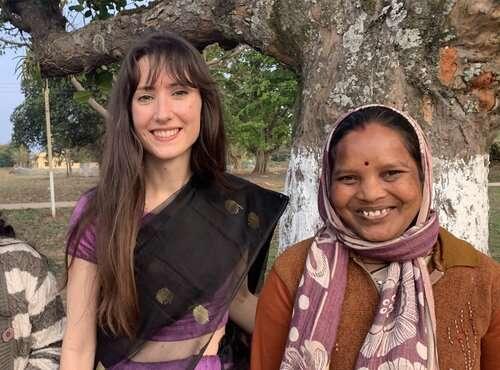

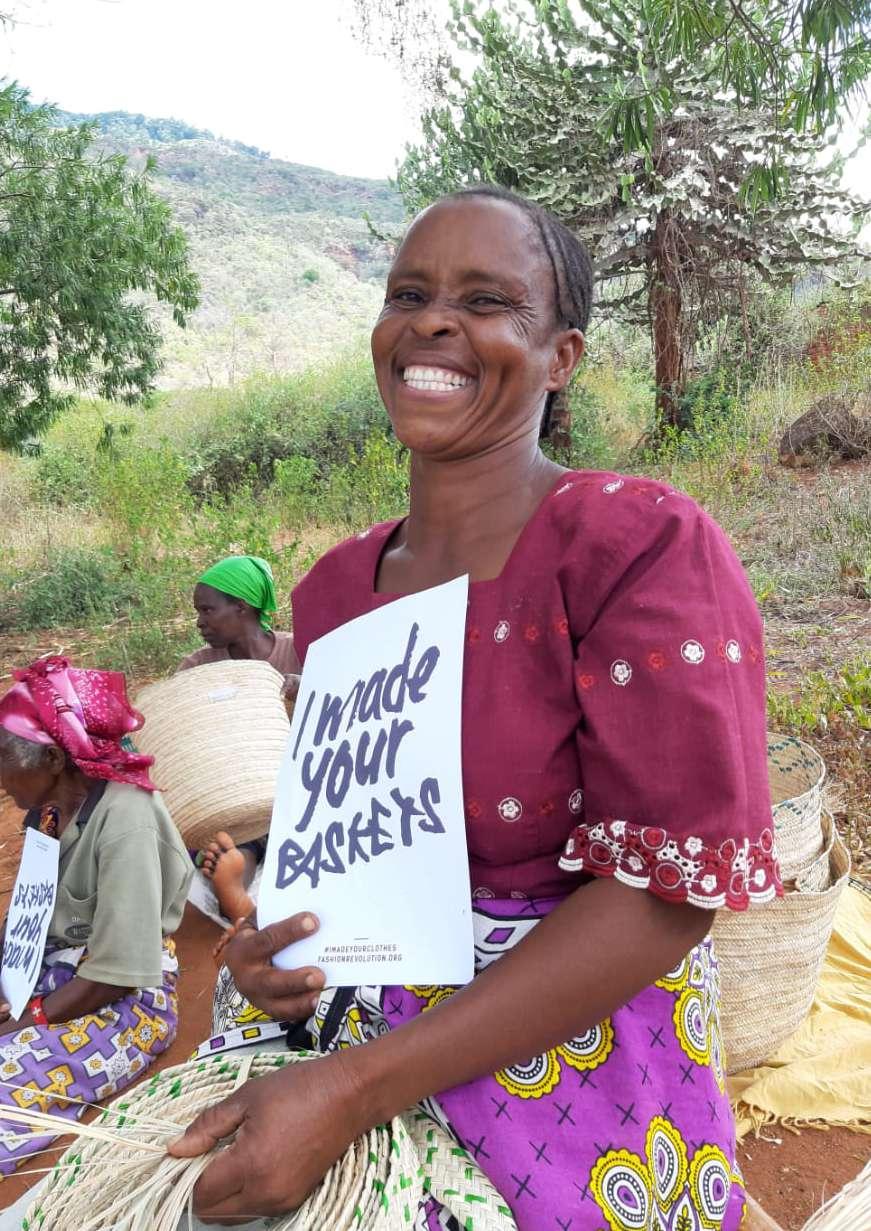

The numbers presented in the graphs are approximations
www solidinternational be
Follow us on Instagram: @solid crafts and @solid international Facebook: @solidinternational
Responsible publisher: Solid vzw, Kortrijksesteenweg 697, 9000 Ghent (Belgium) - hello@solidinternational be
© Pictures by: Cedric Bouwen, Charlotte Noël, Dorien Daems, Exvi Photo, Isabel Corthier, Marie Monsieur for LN knits, Sunniva Midtskogen